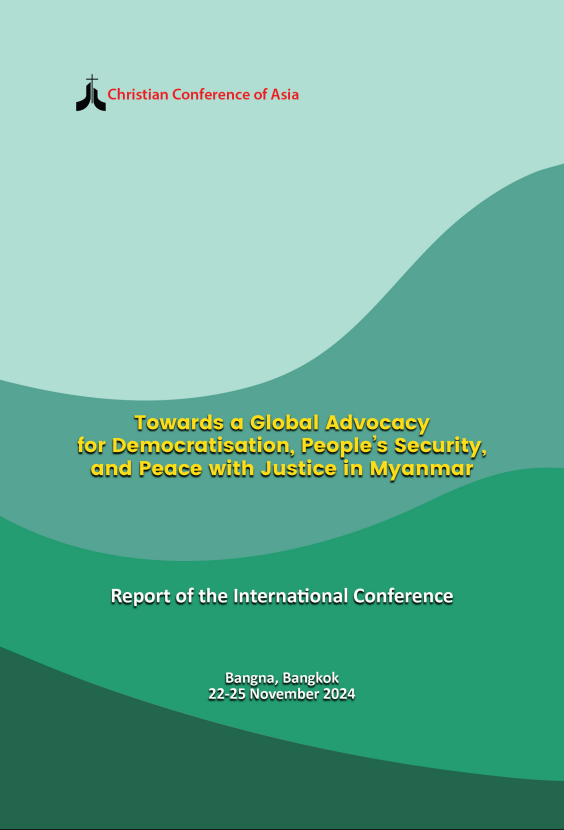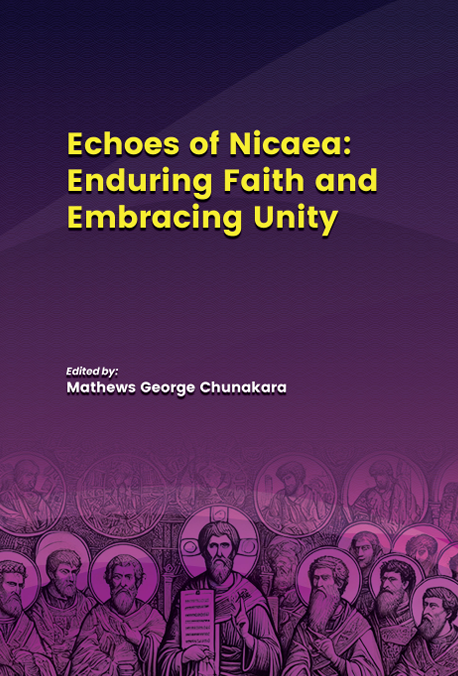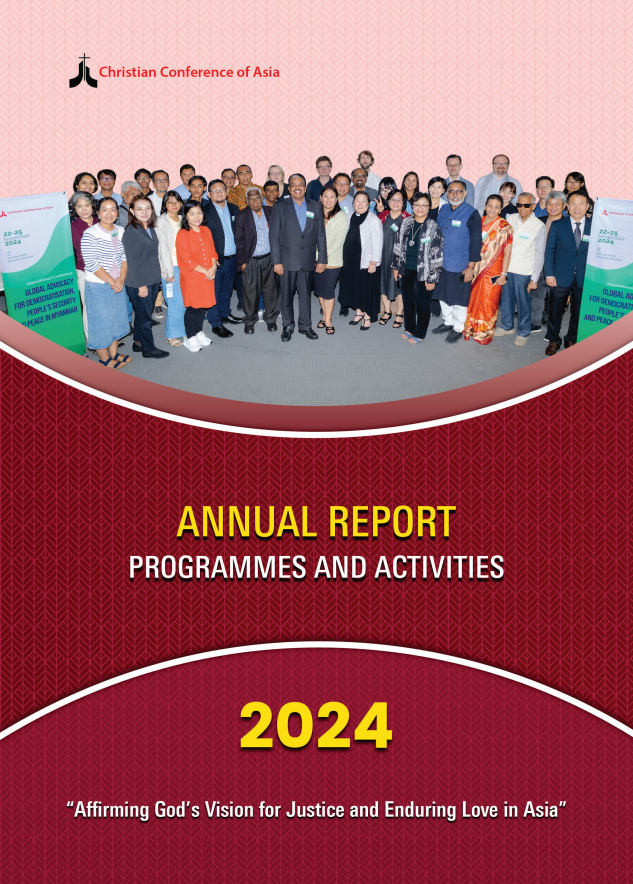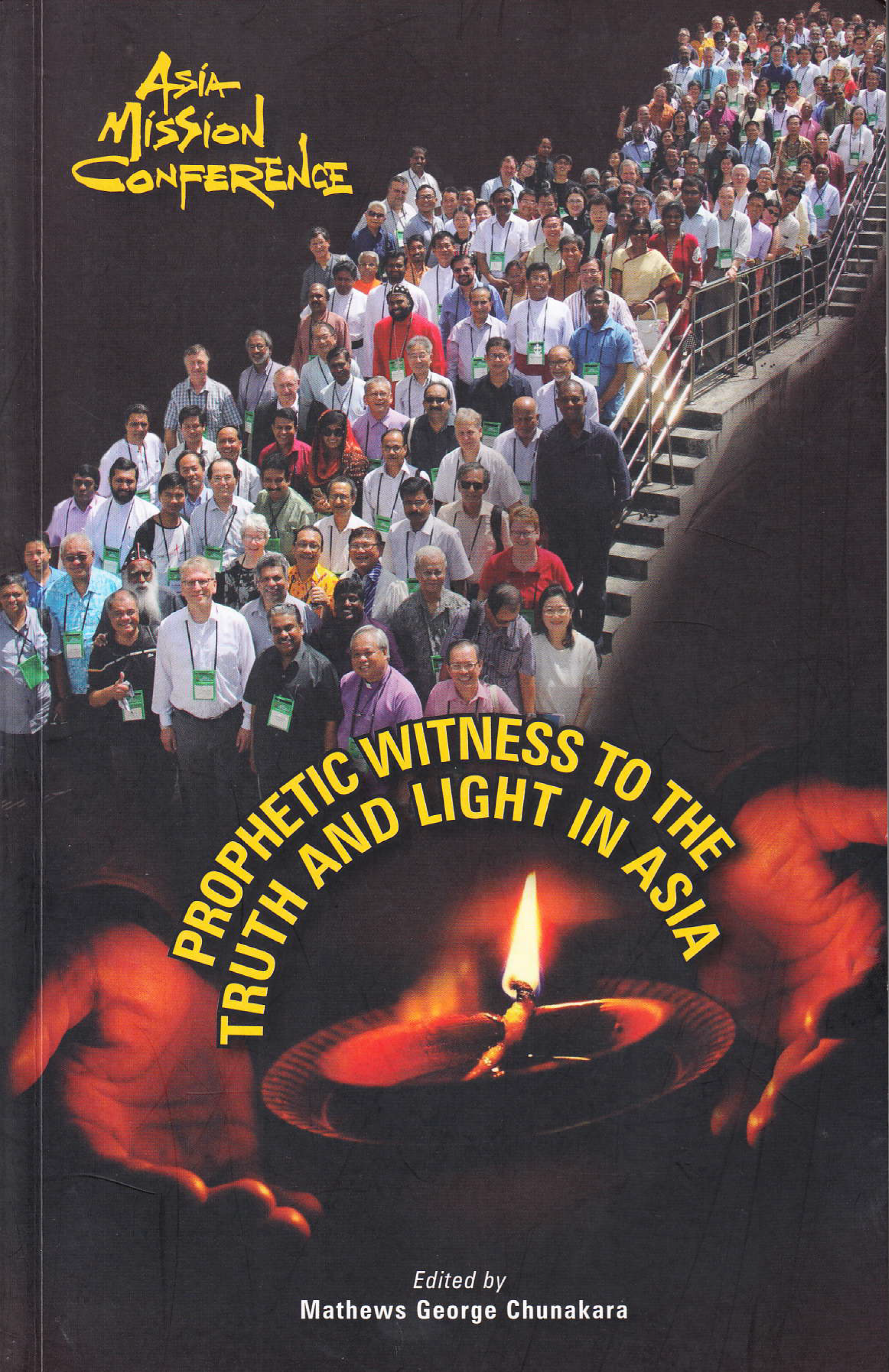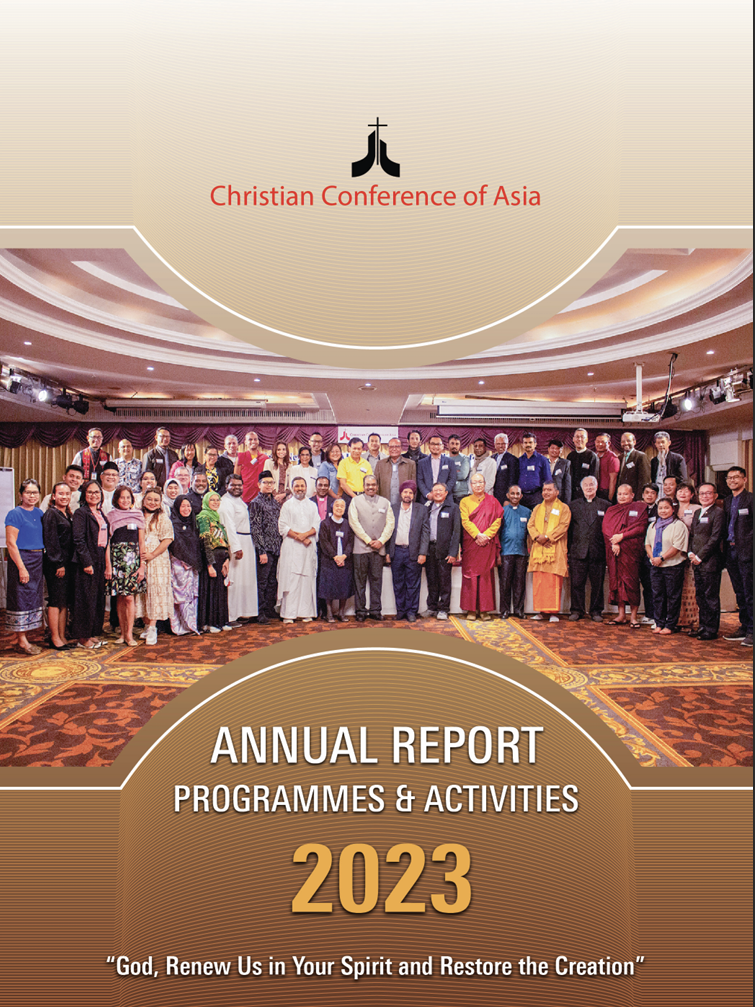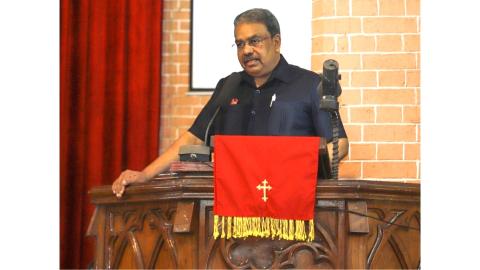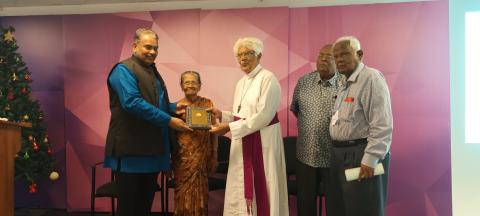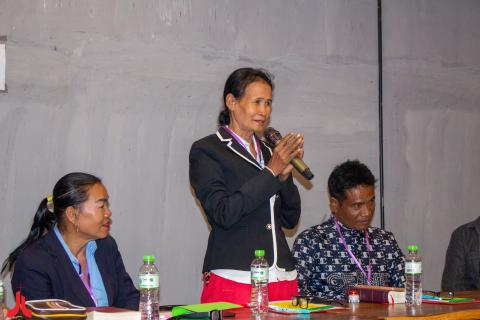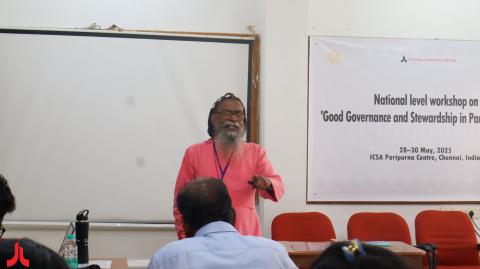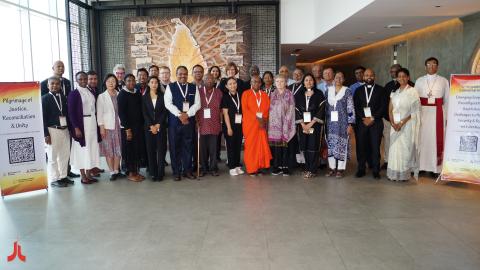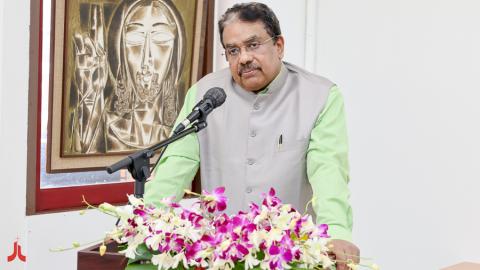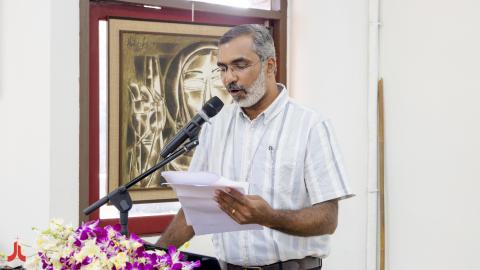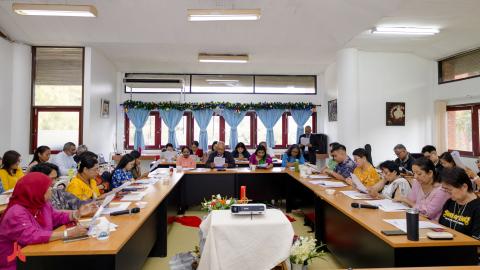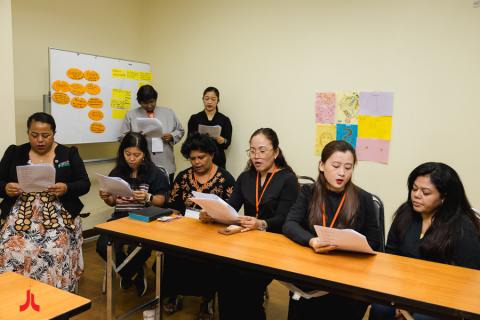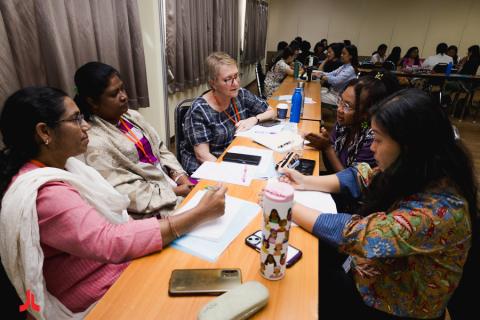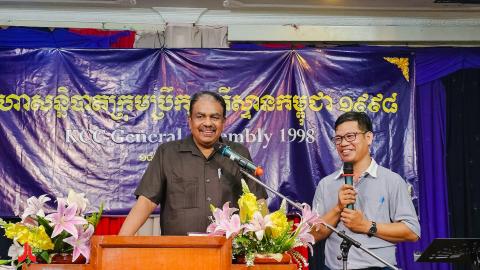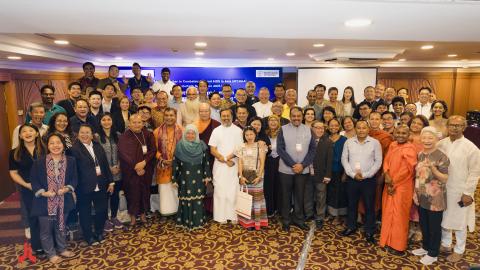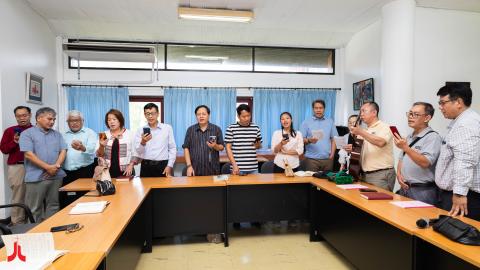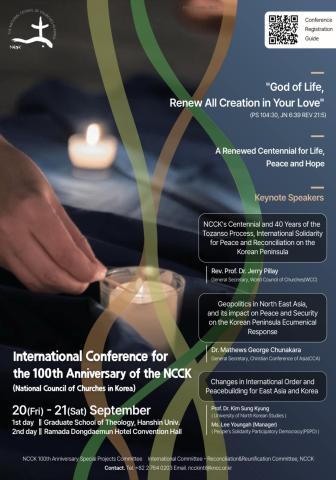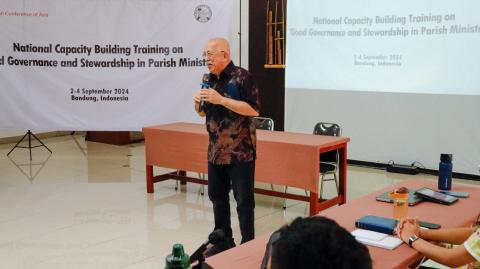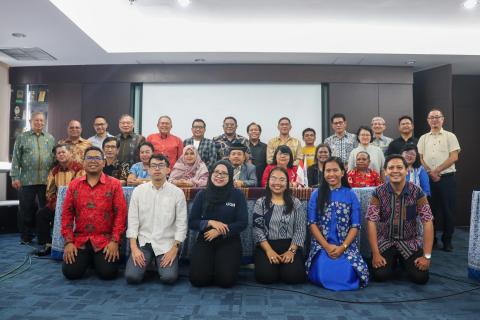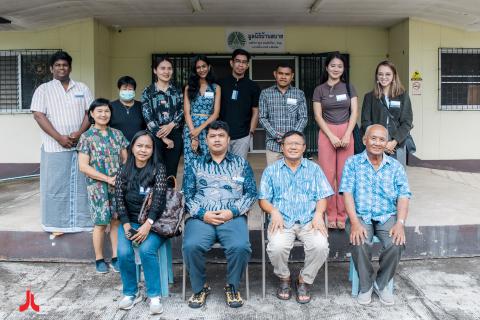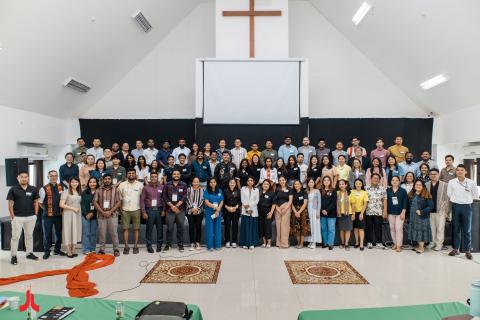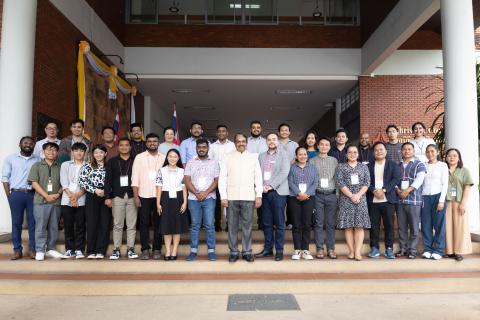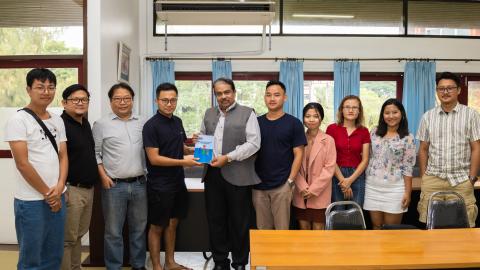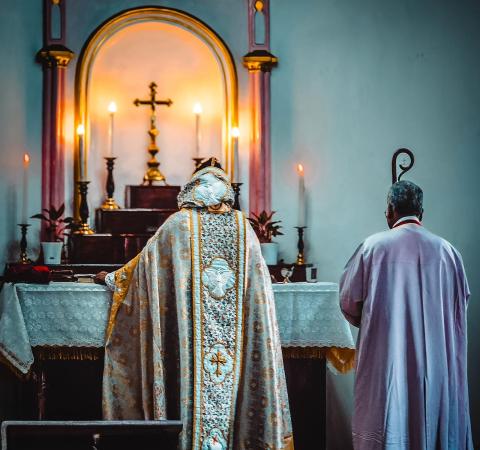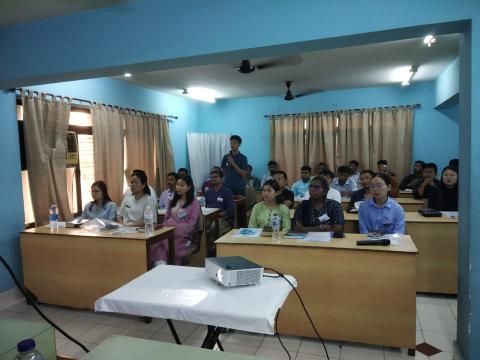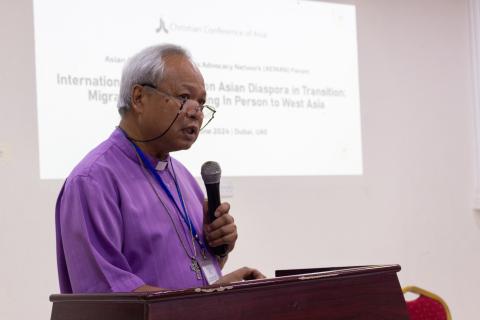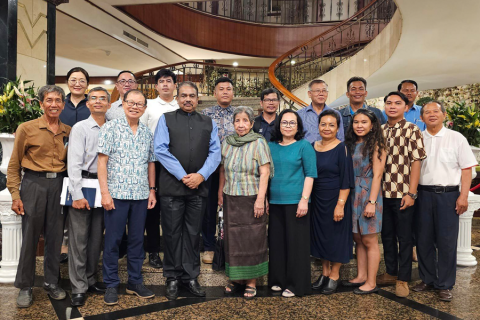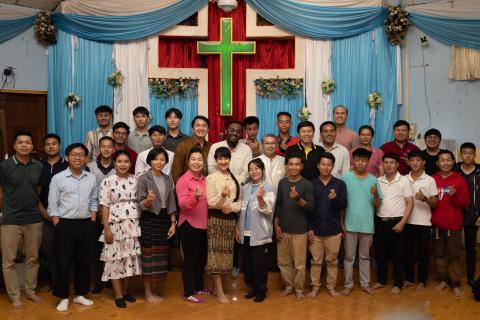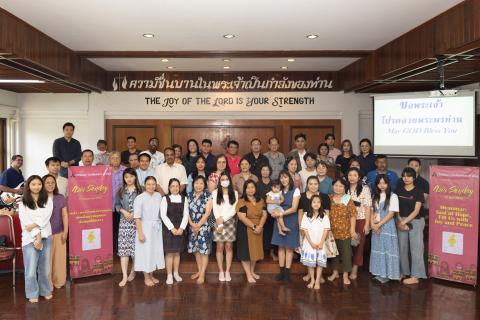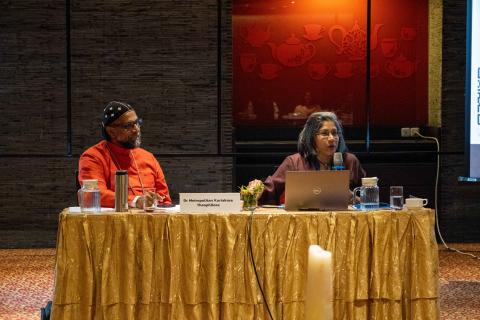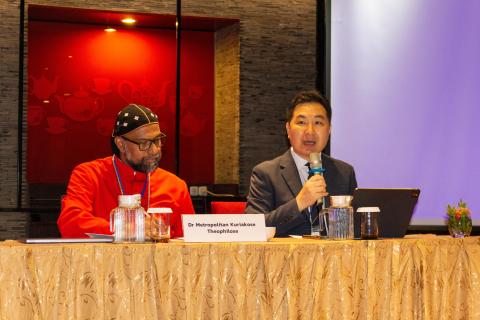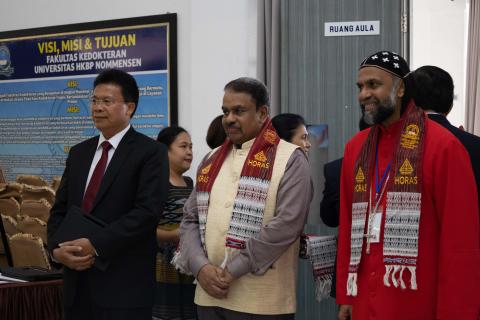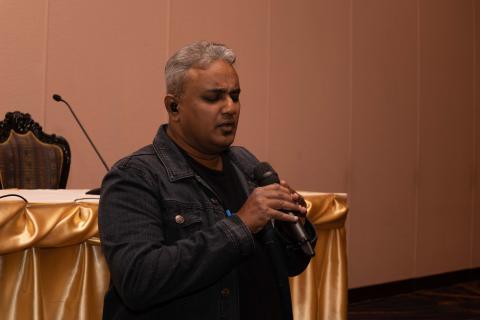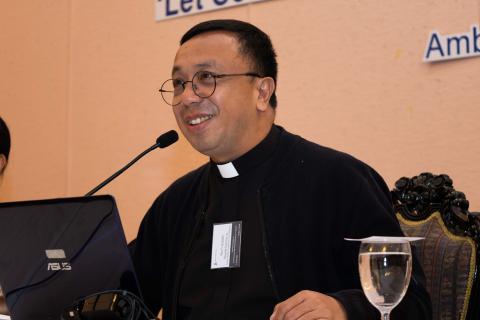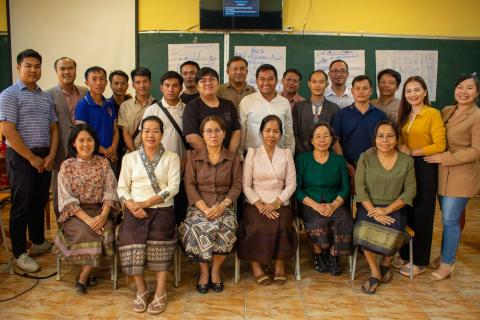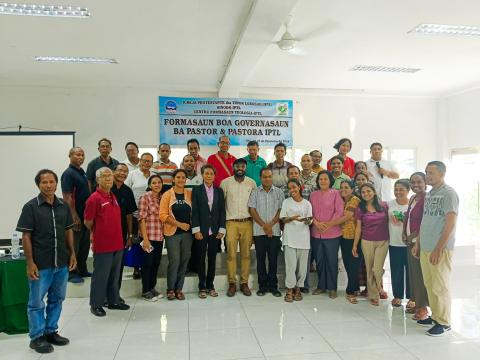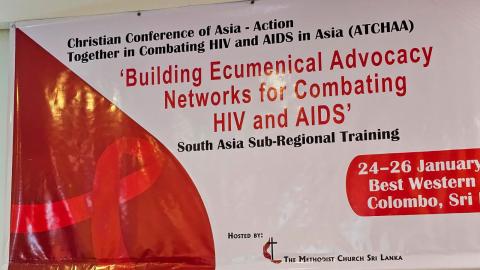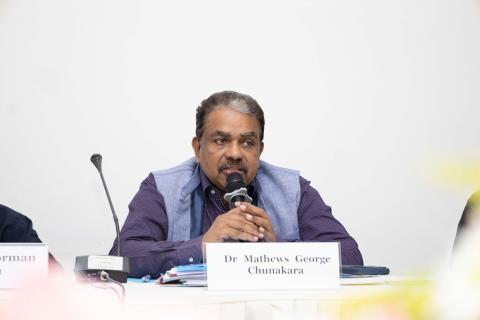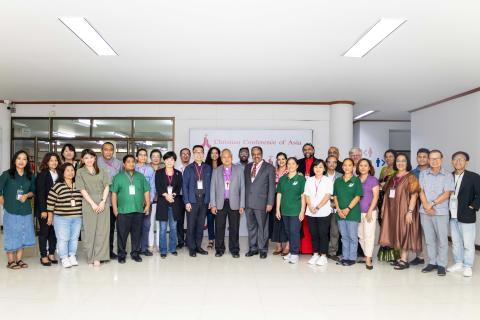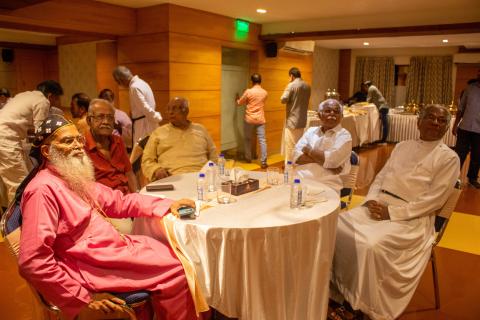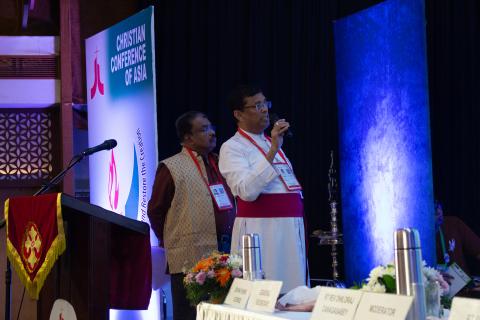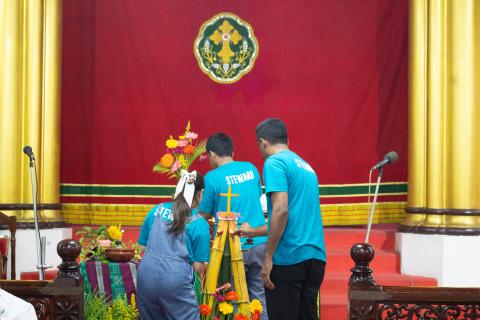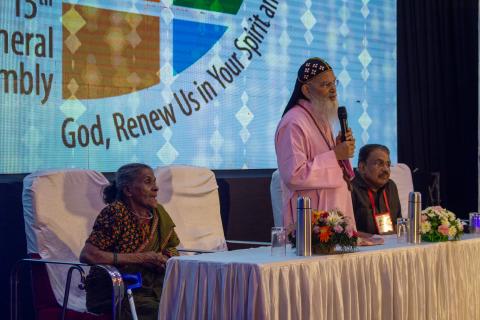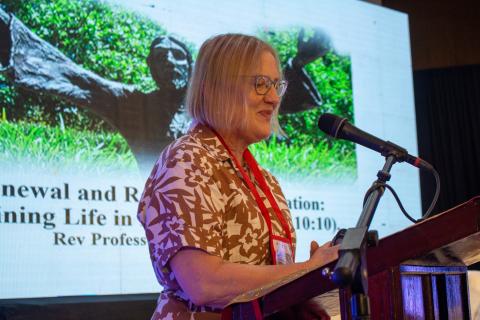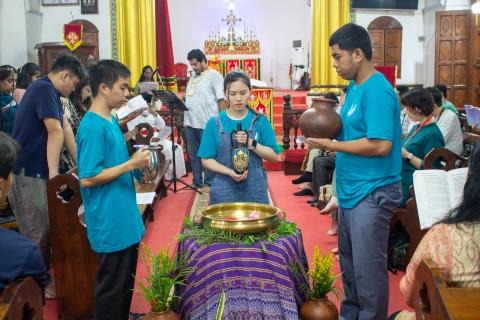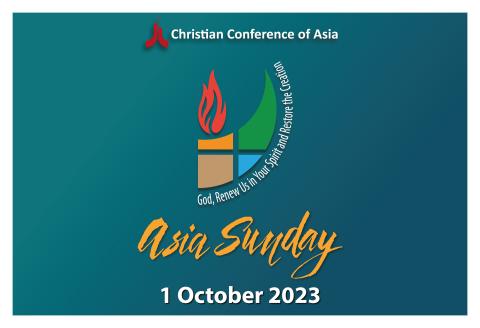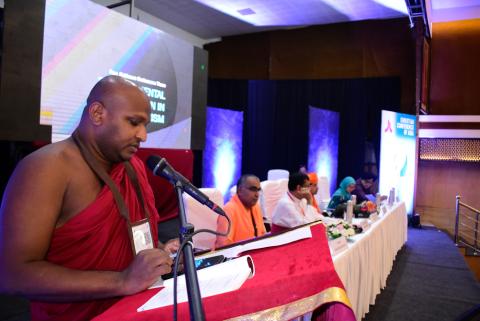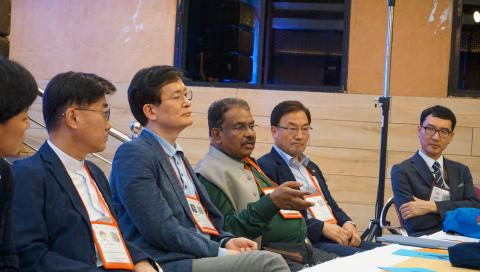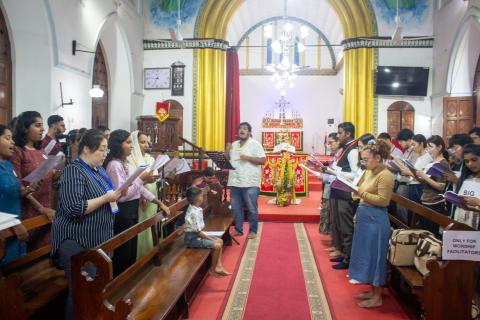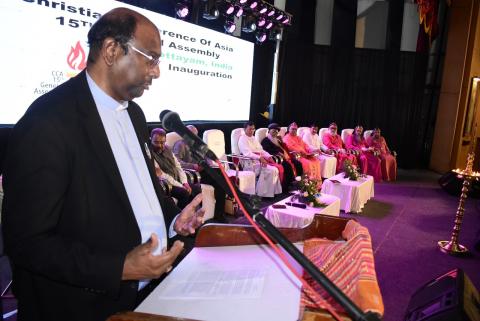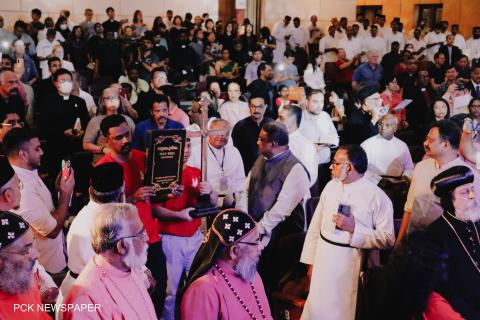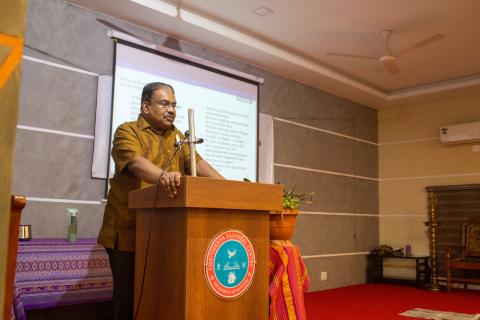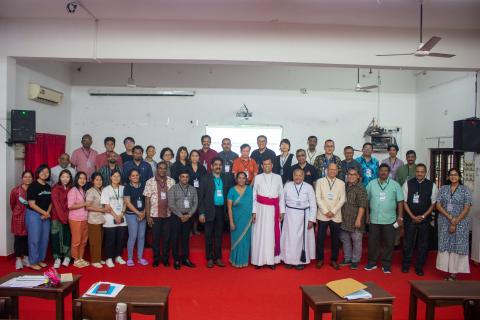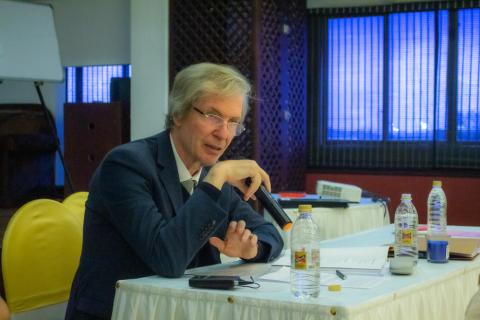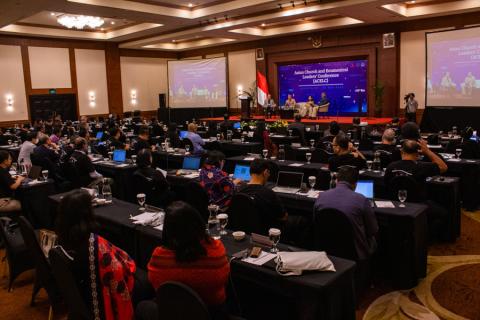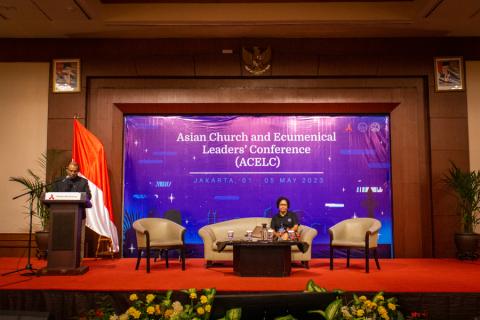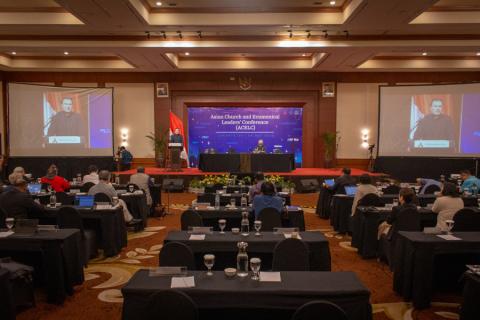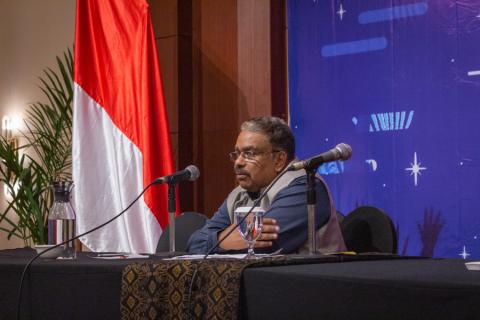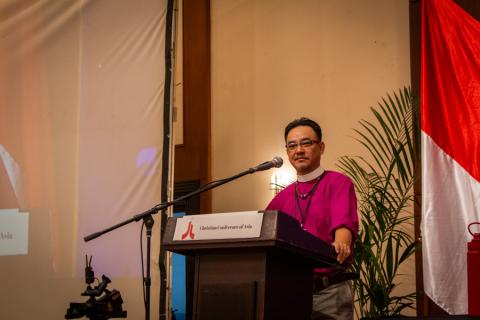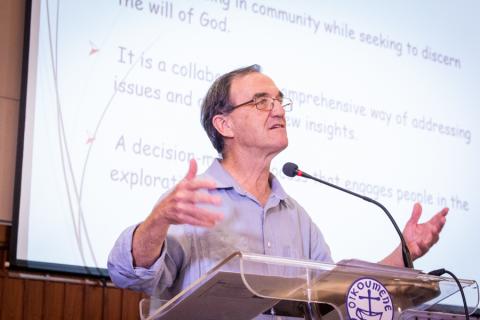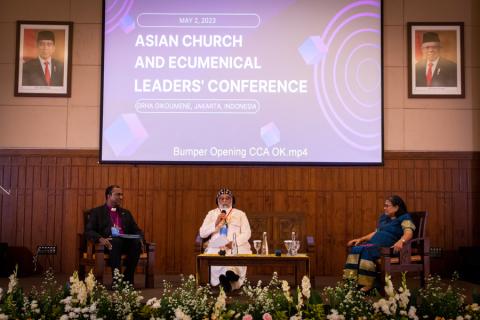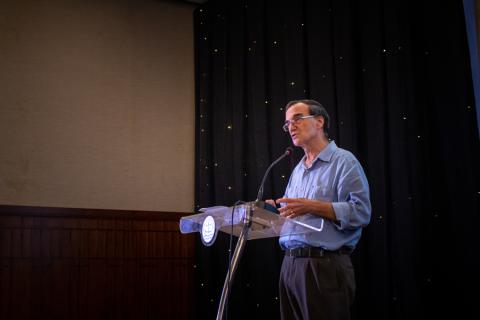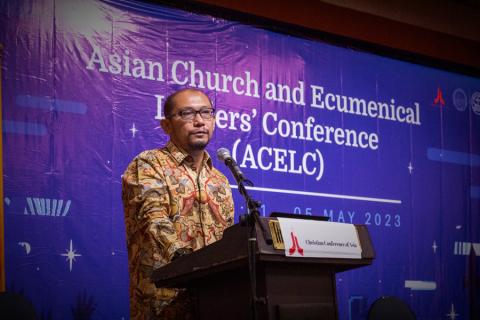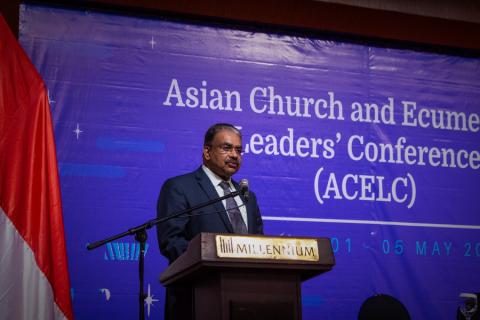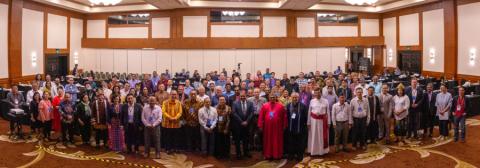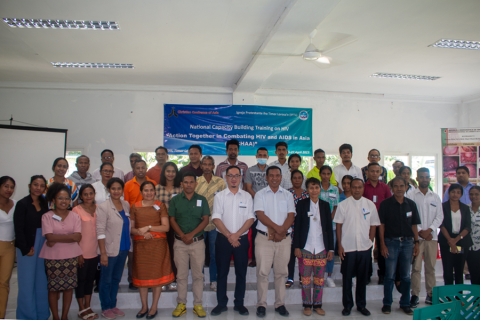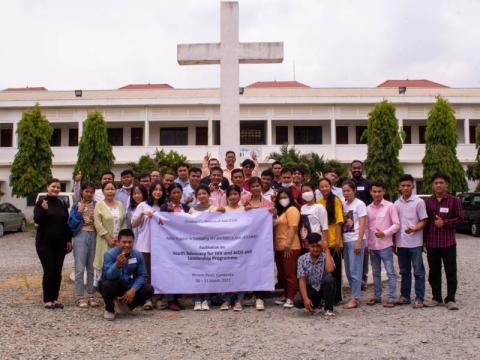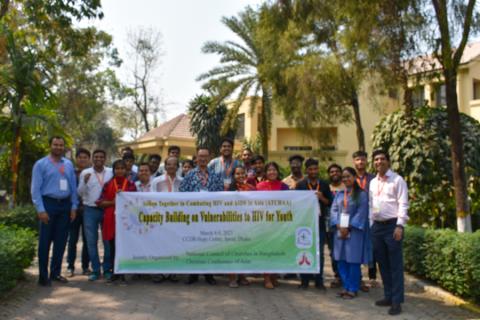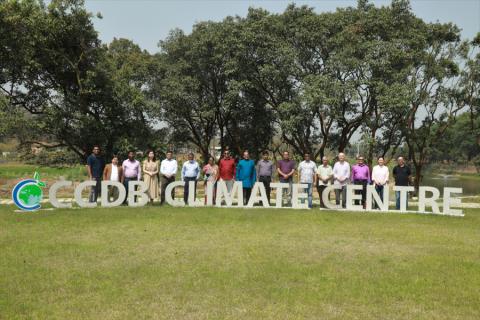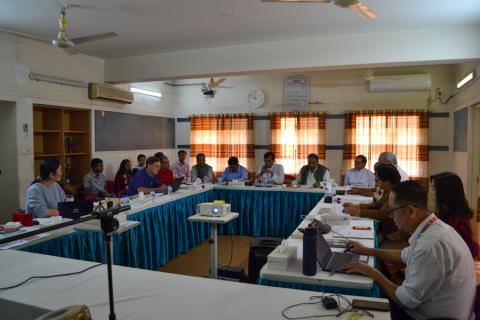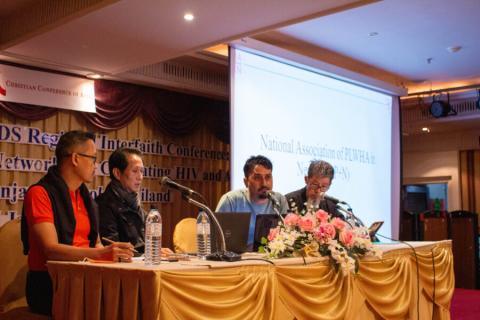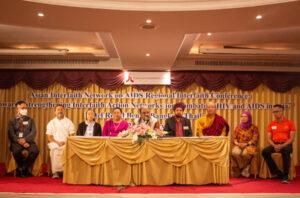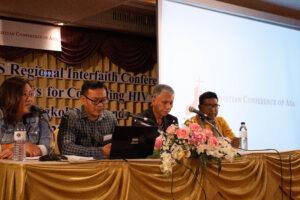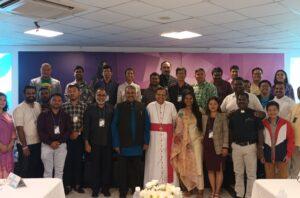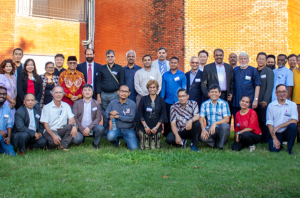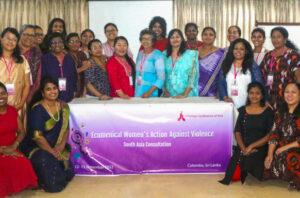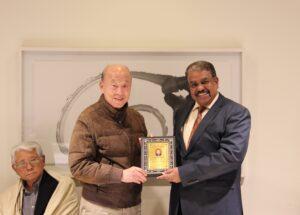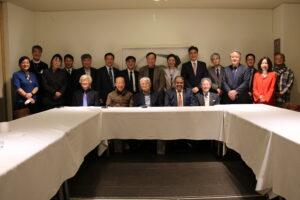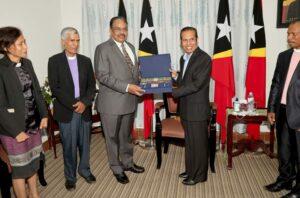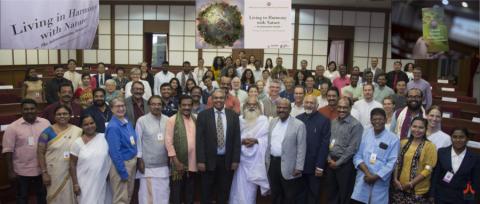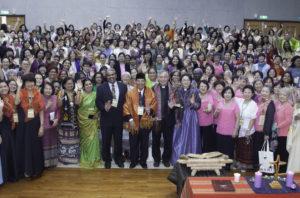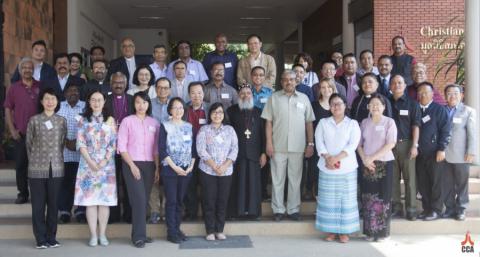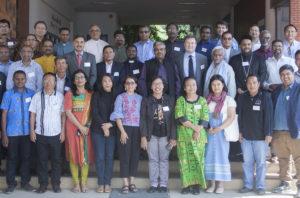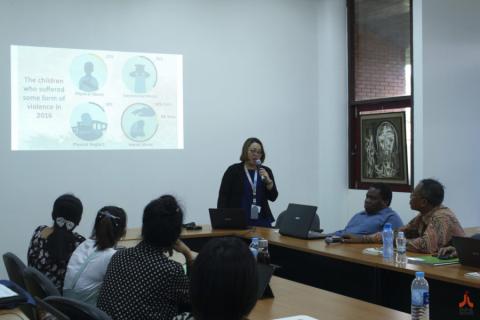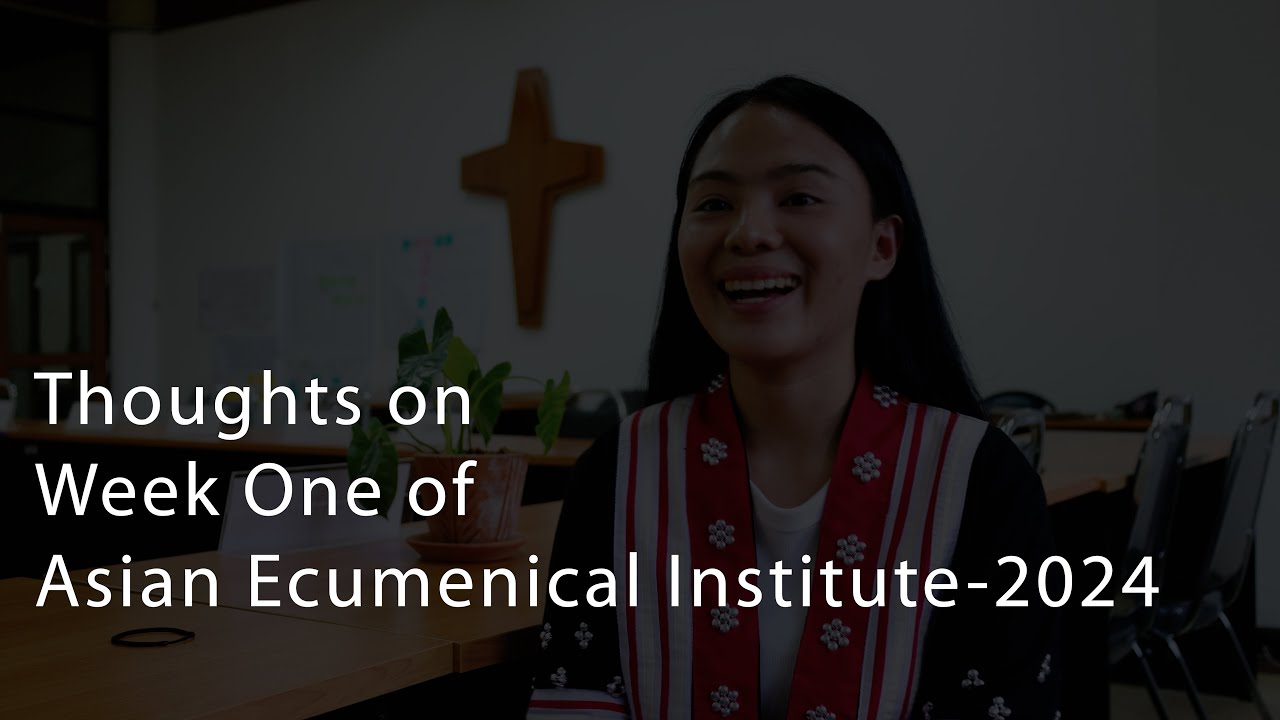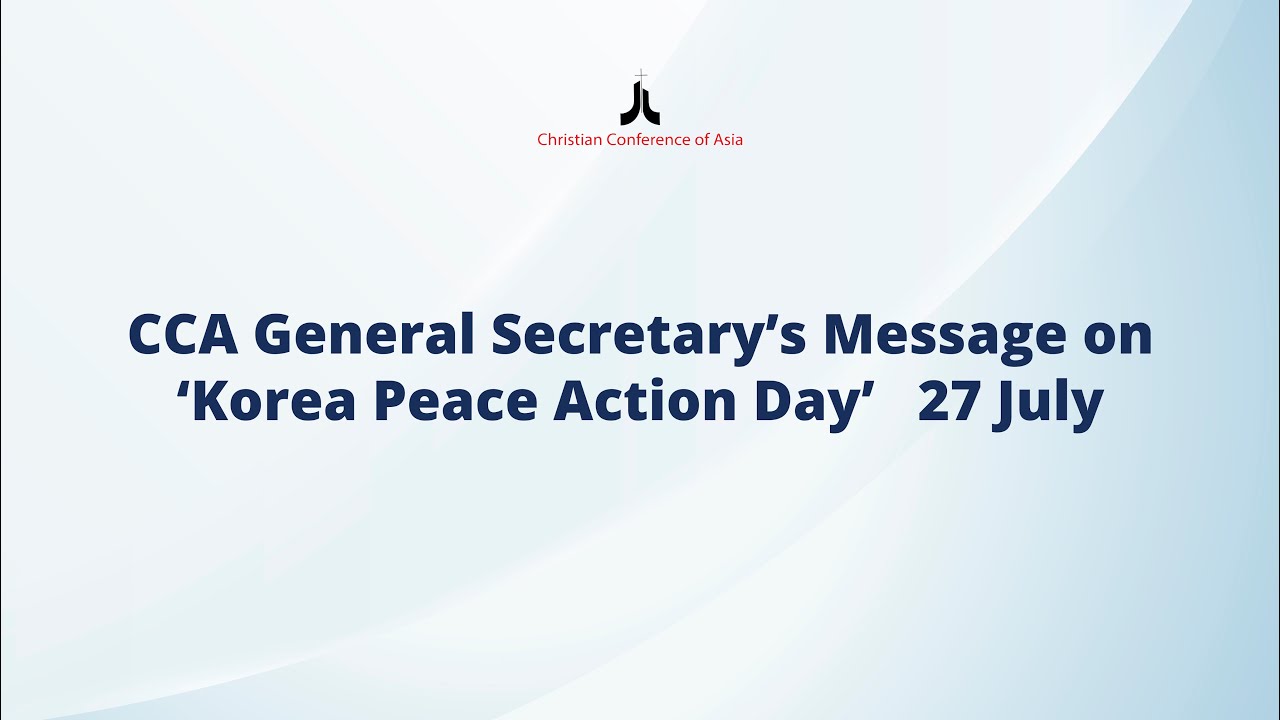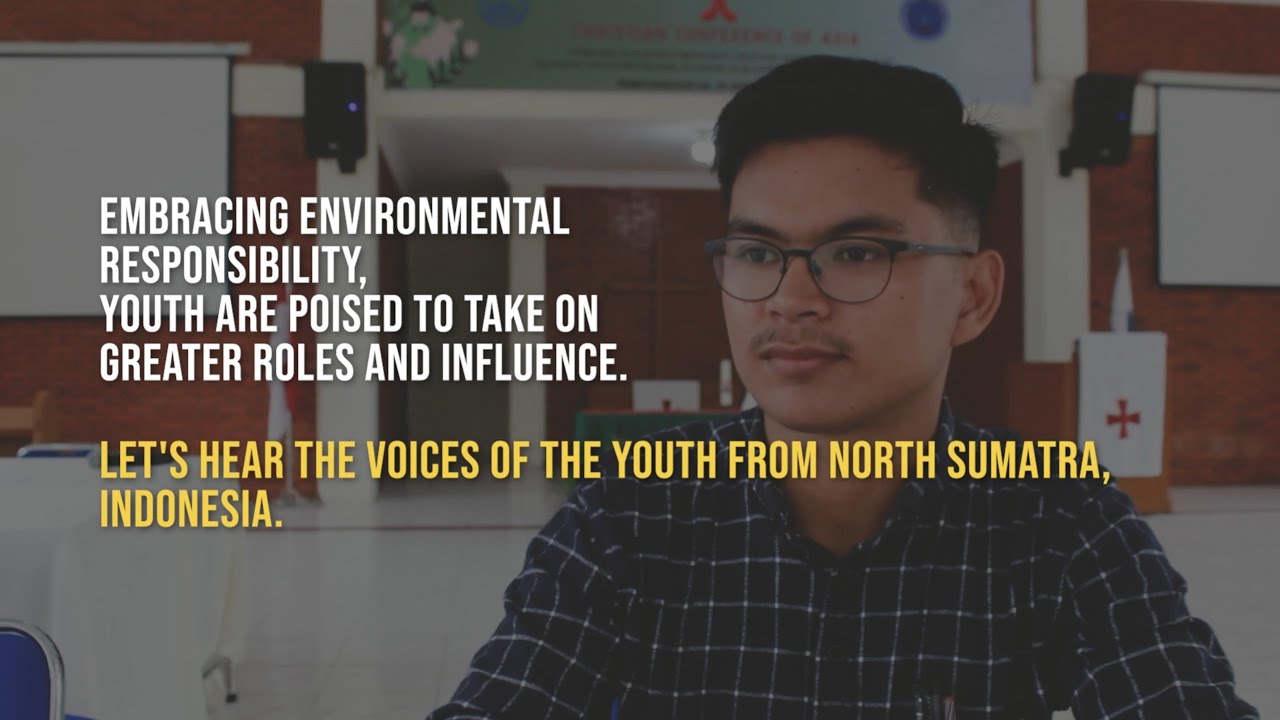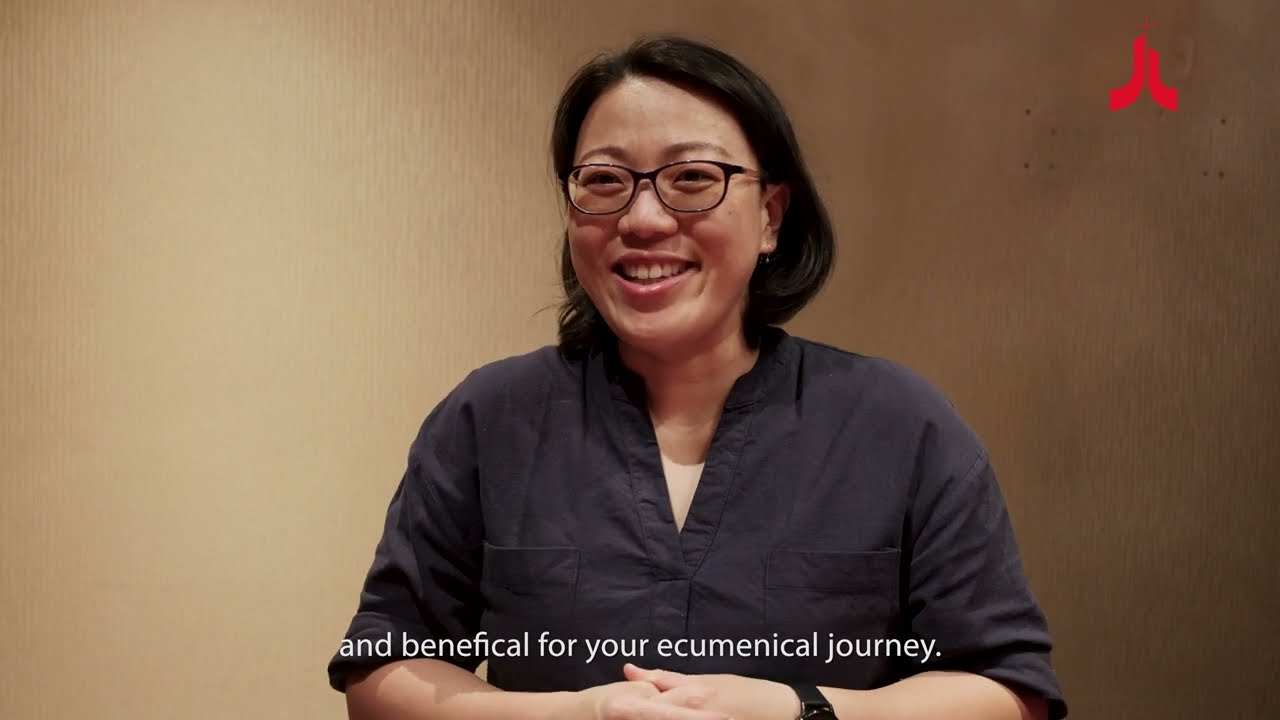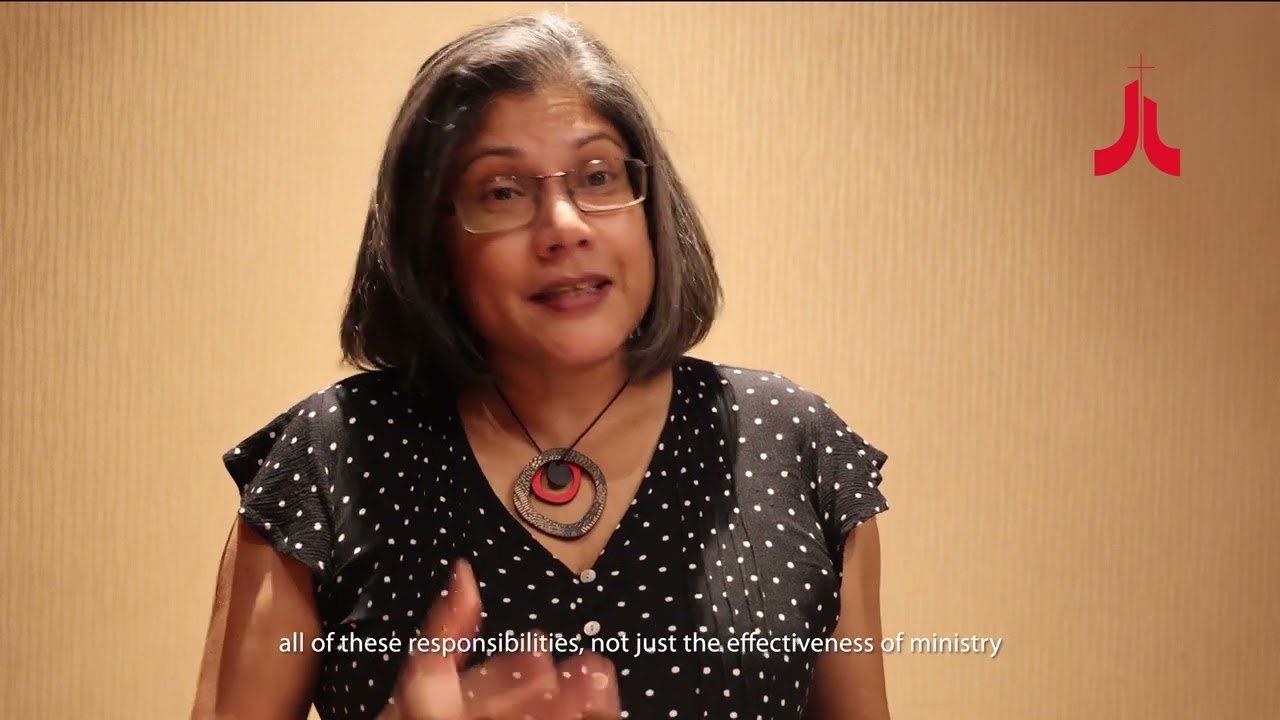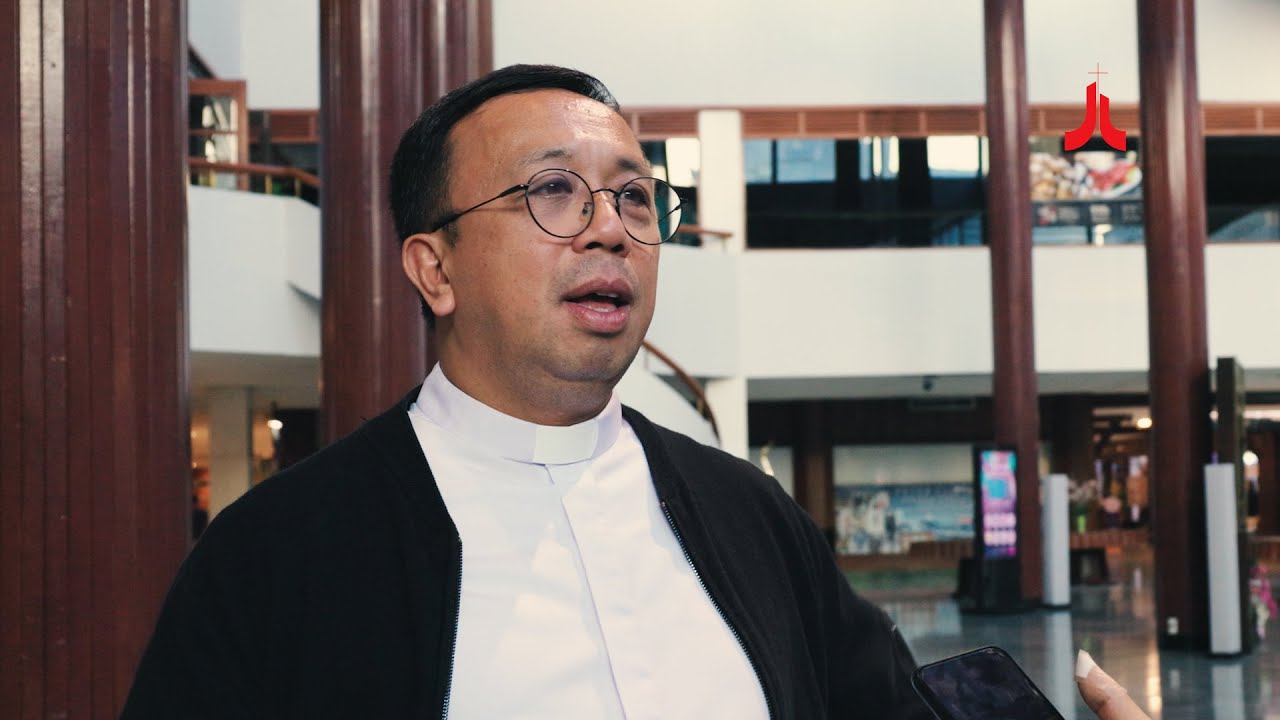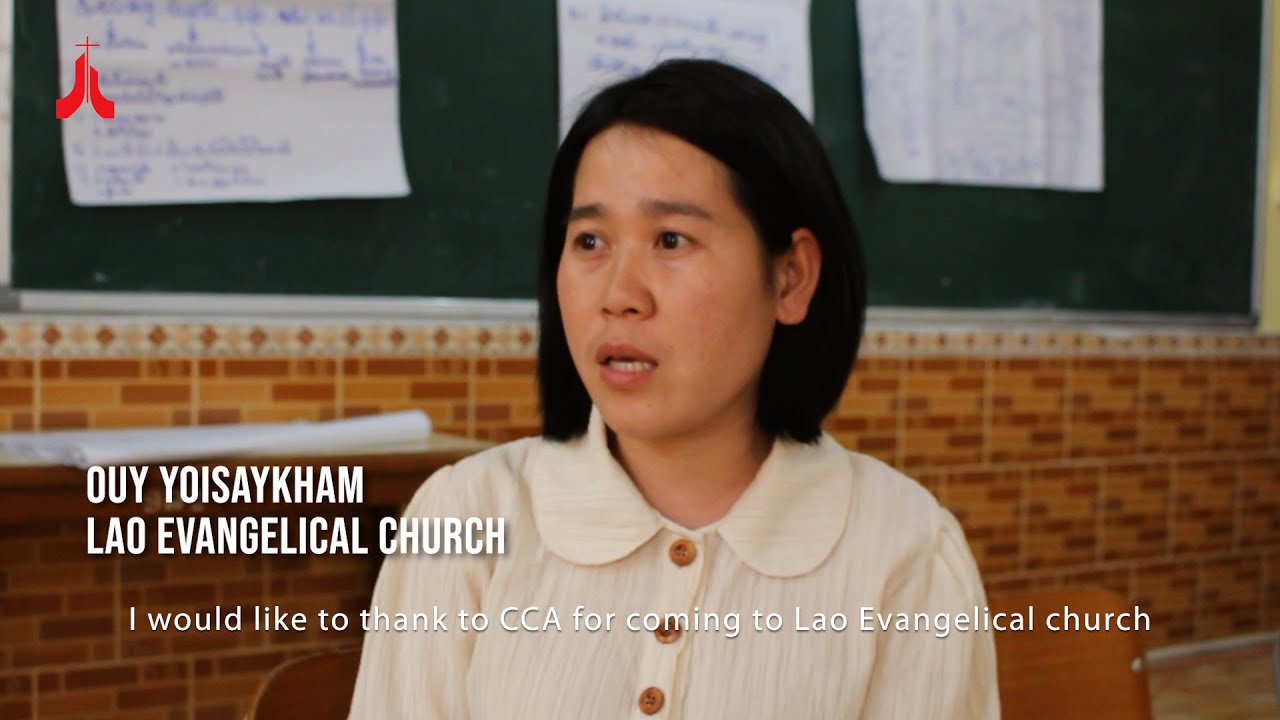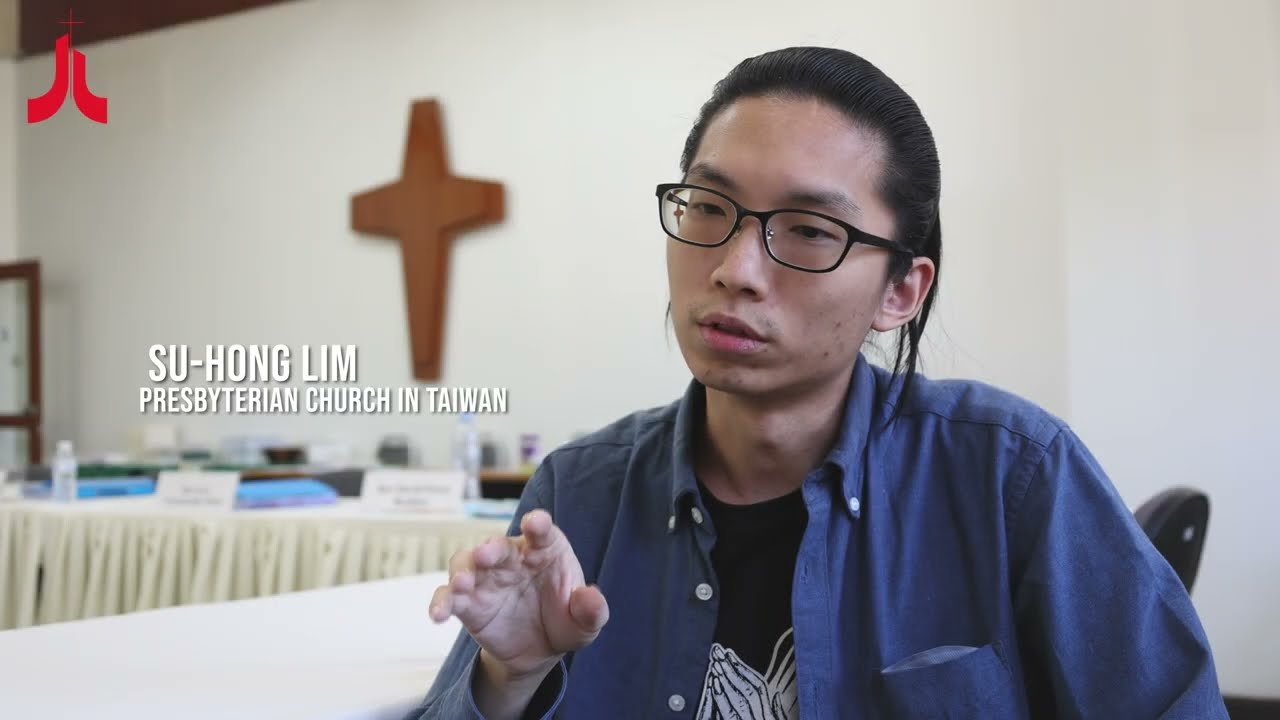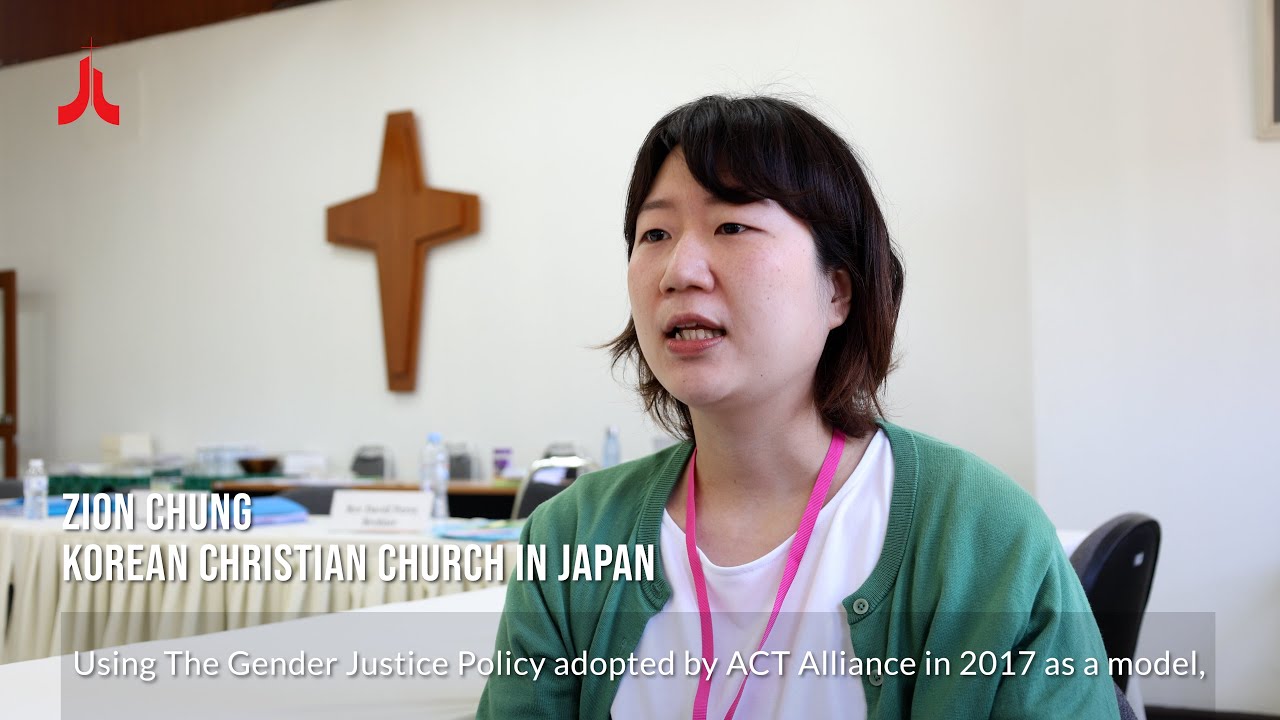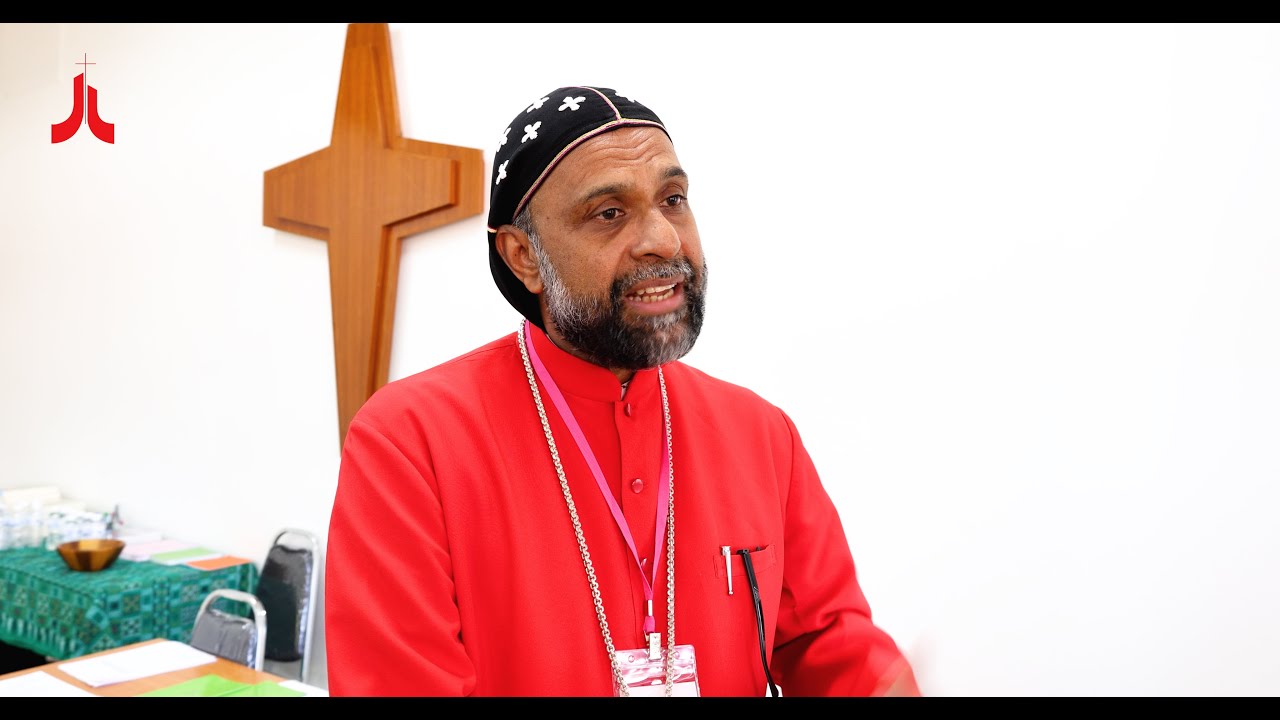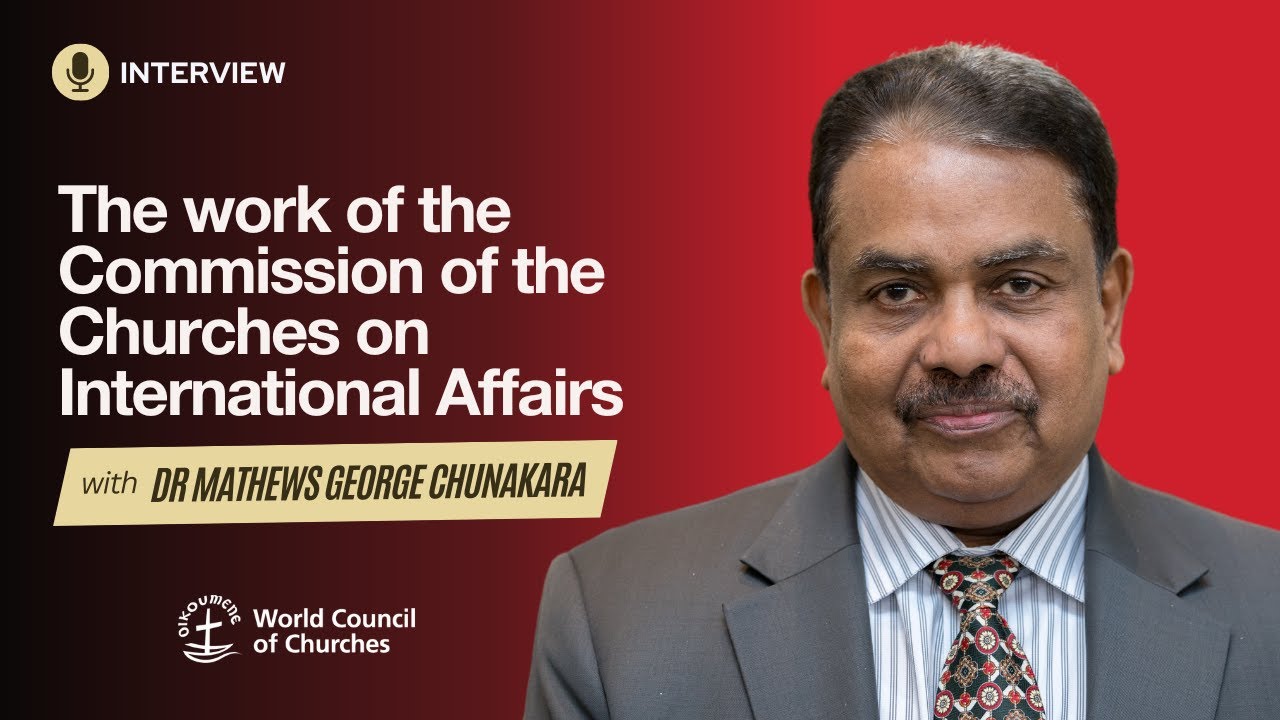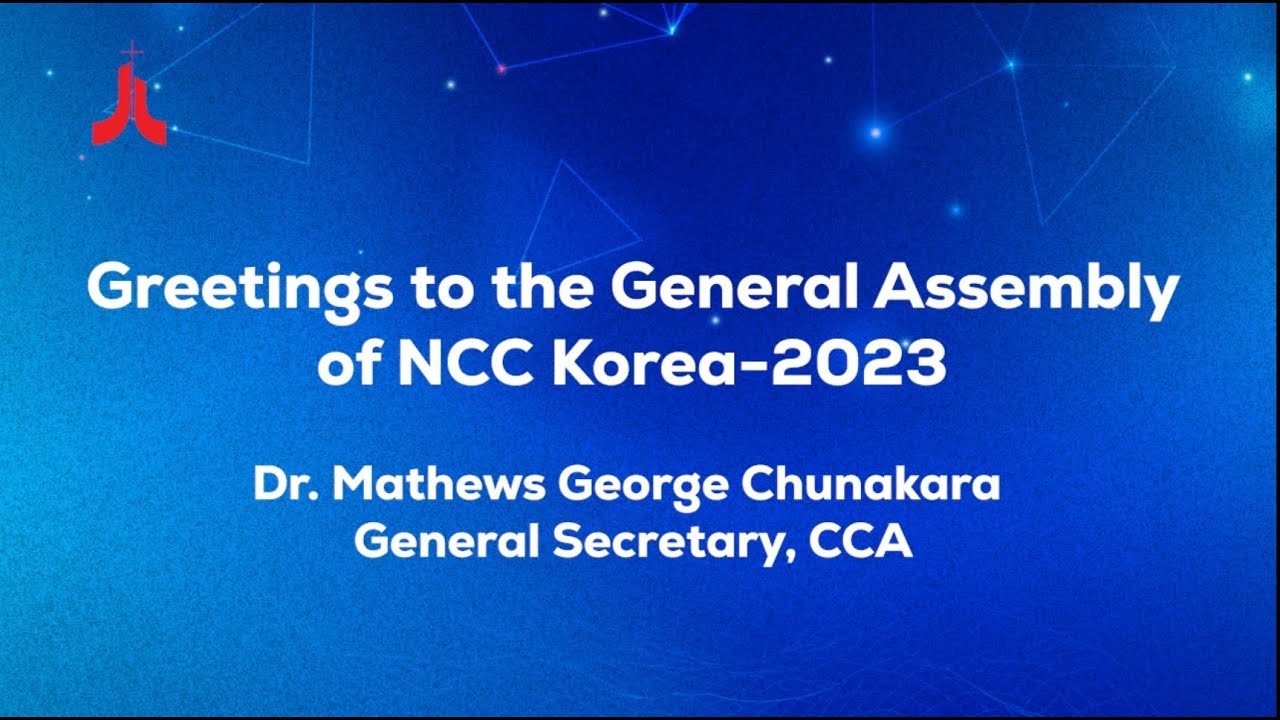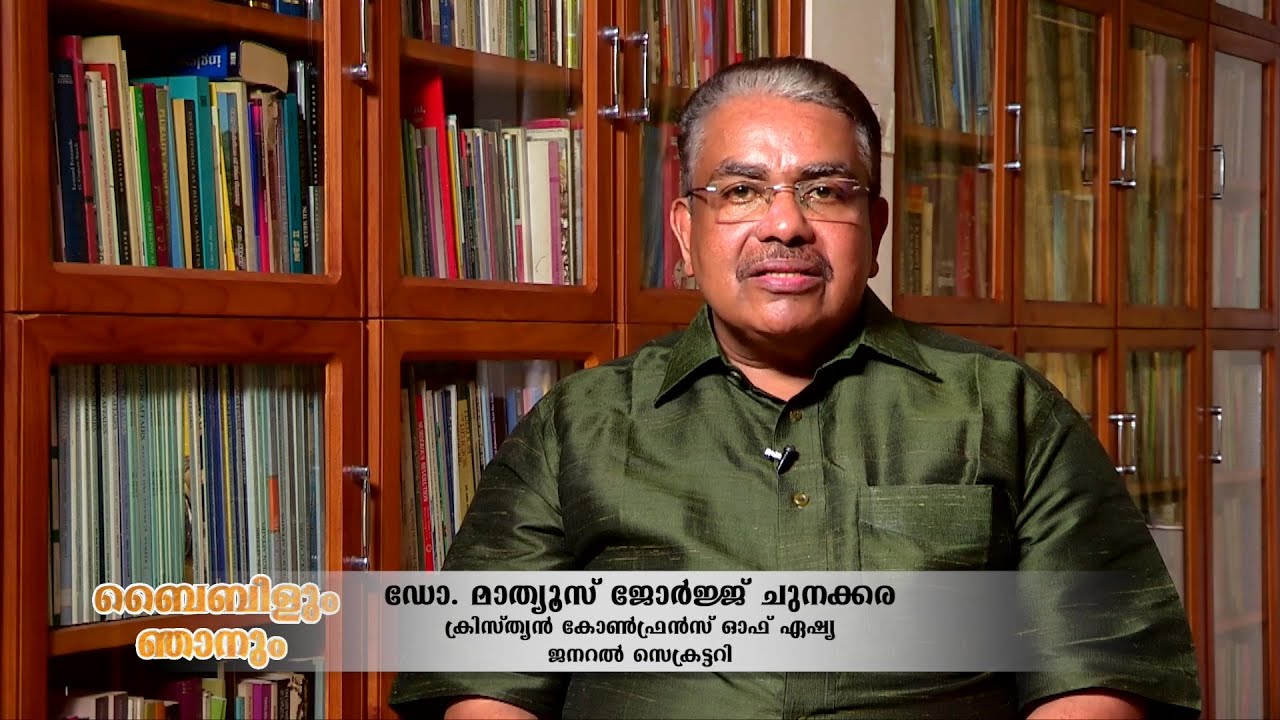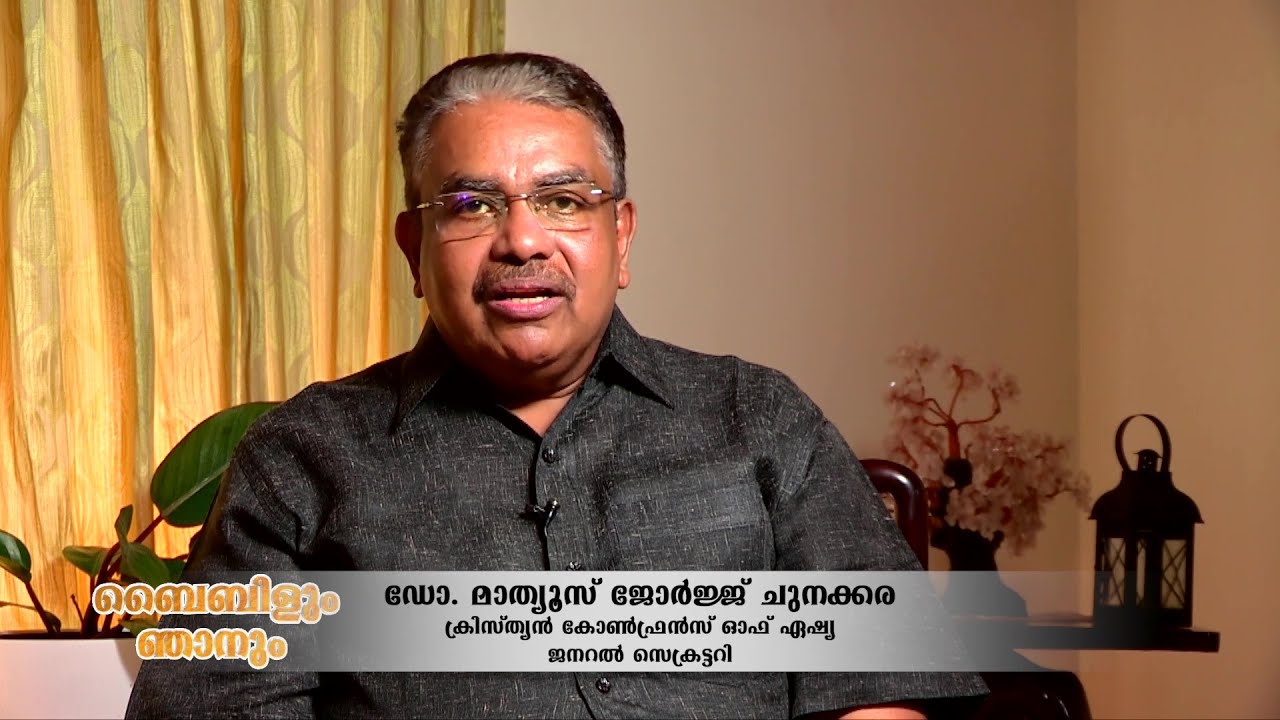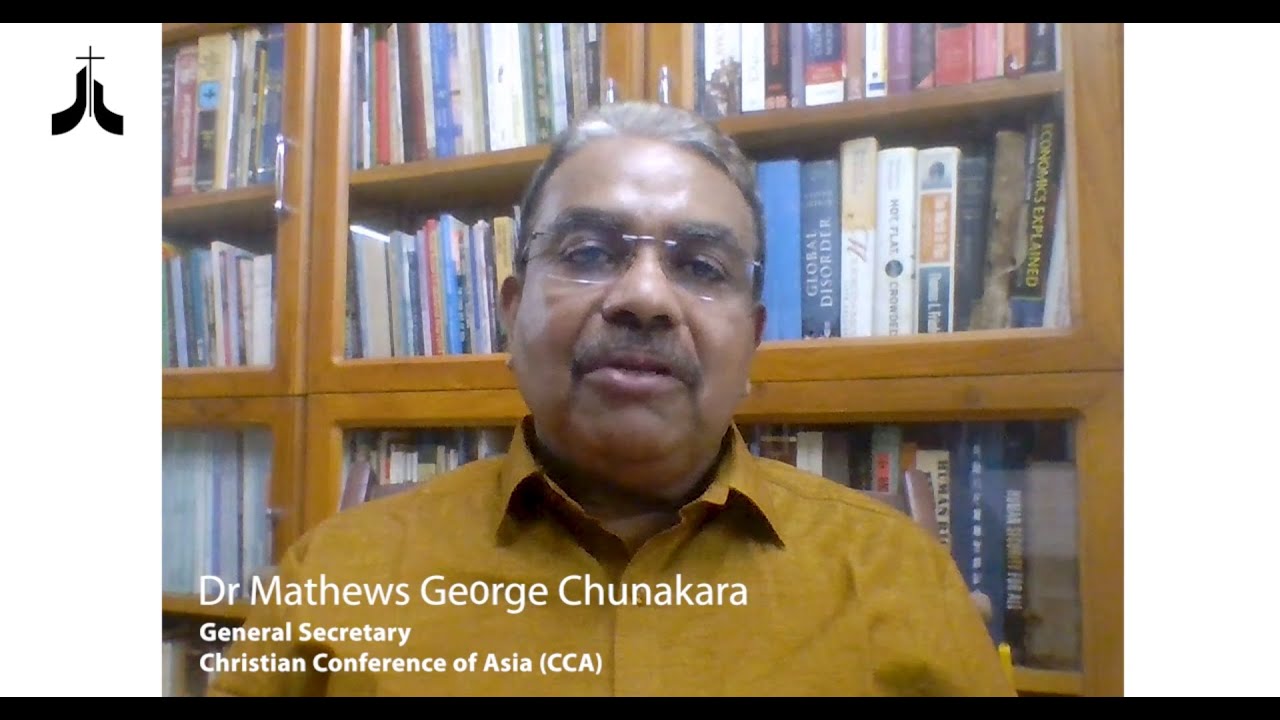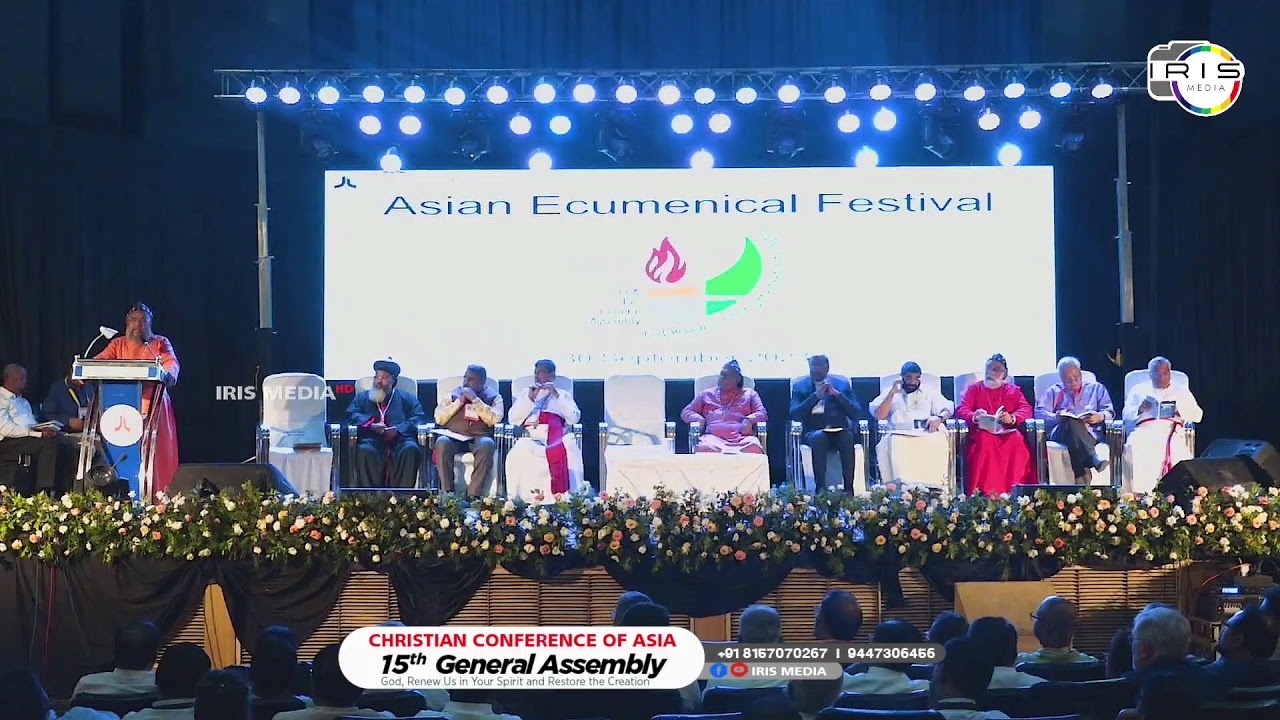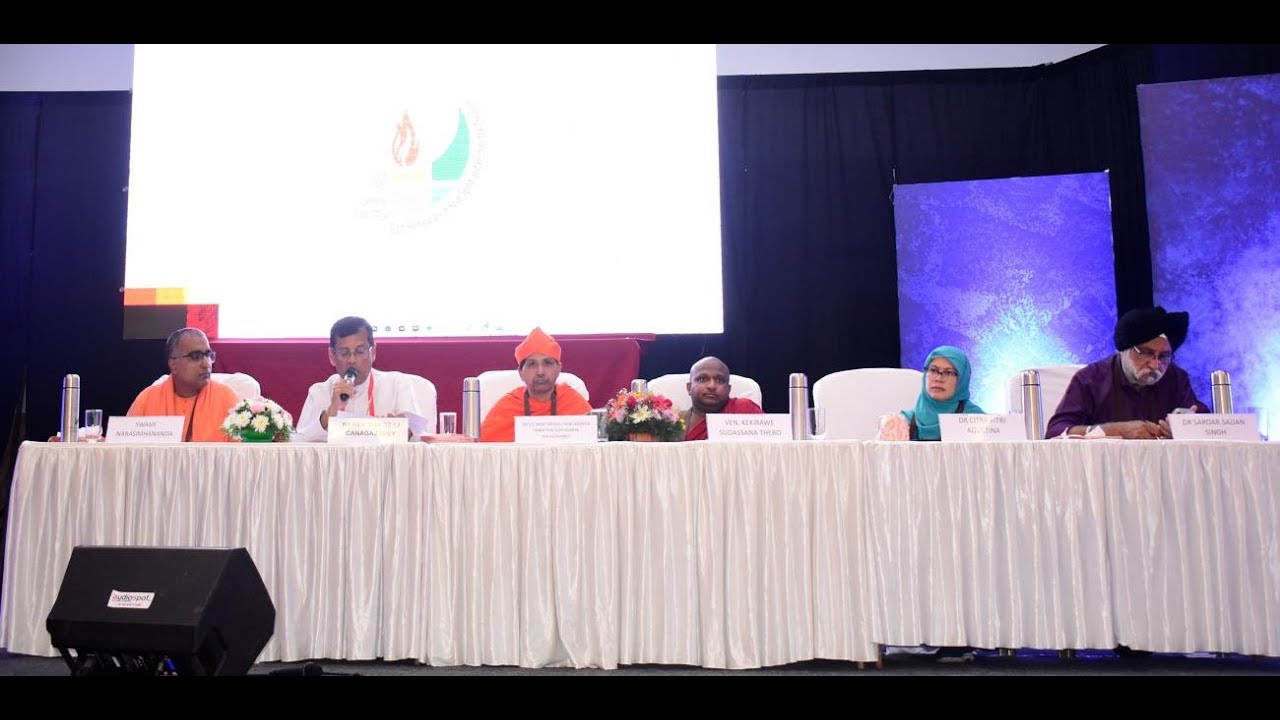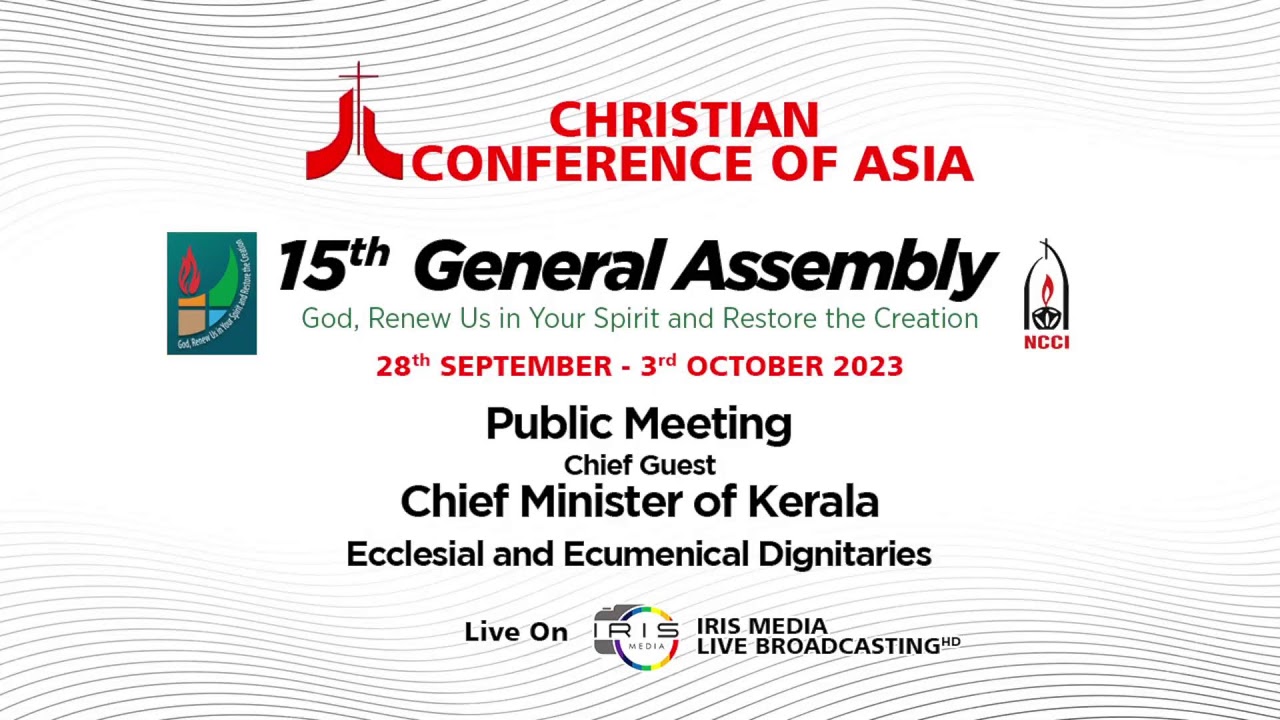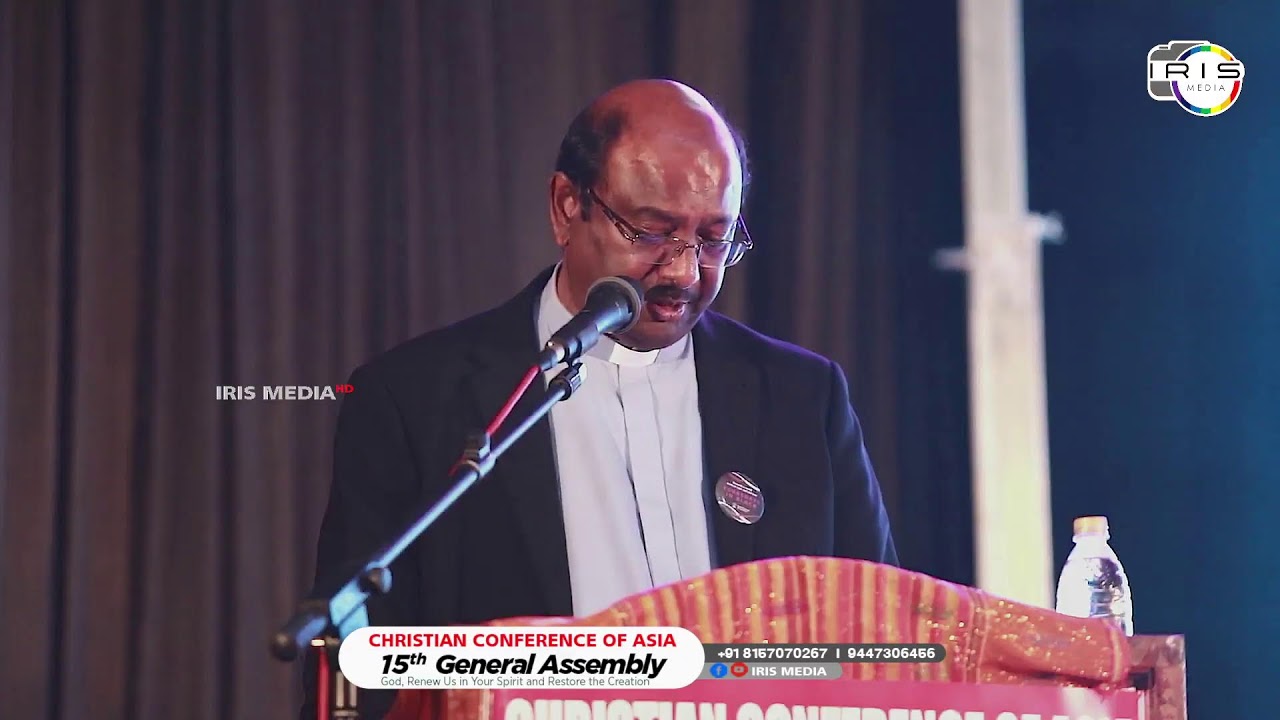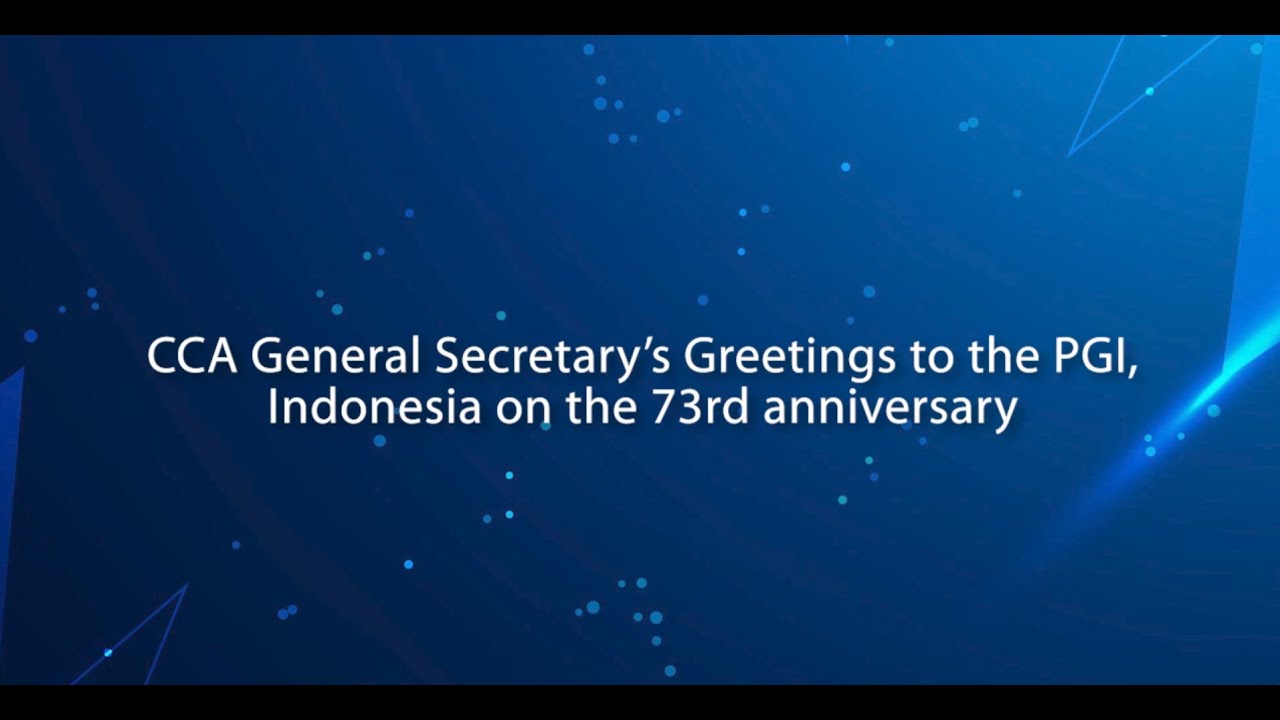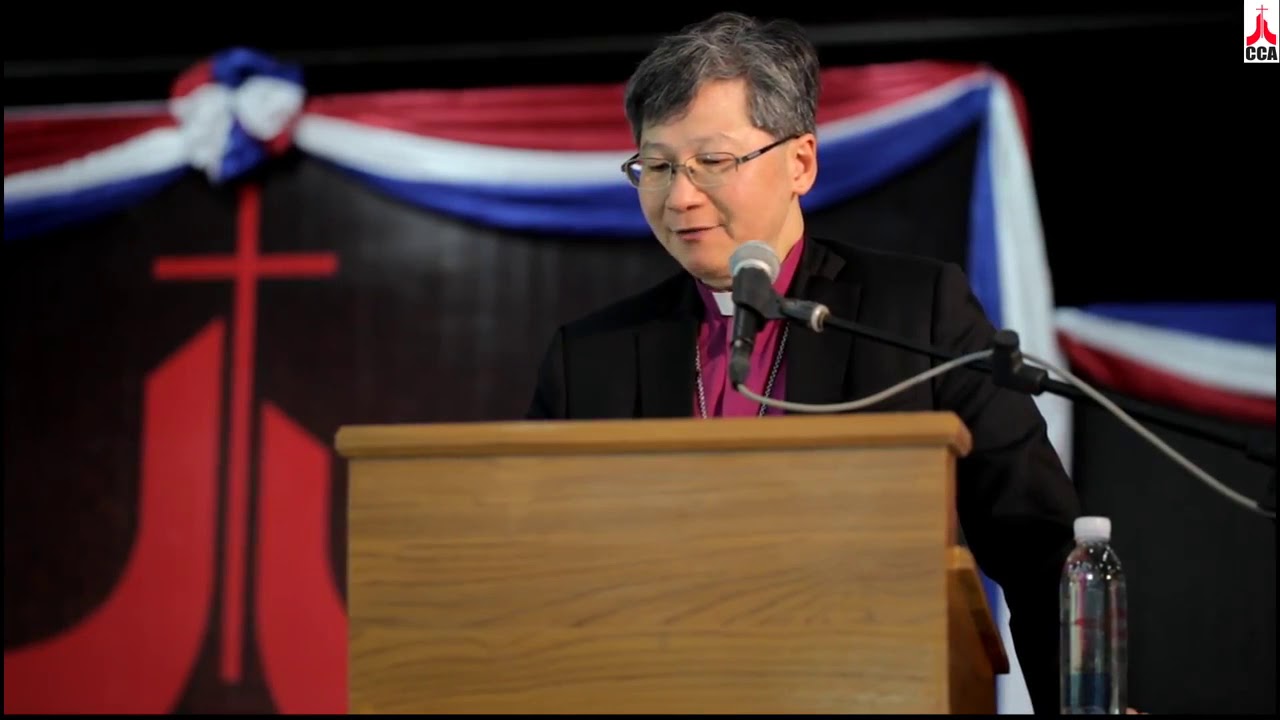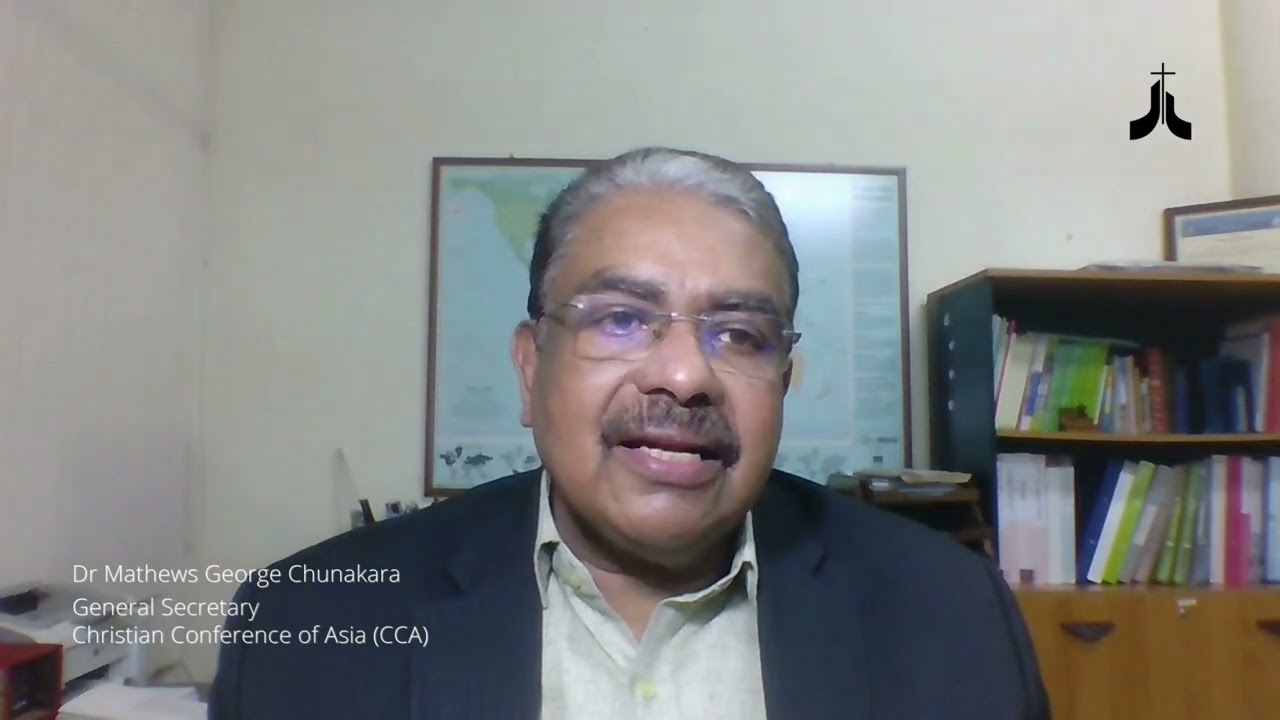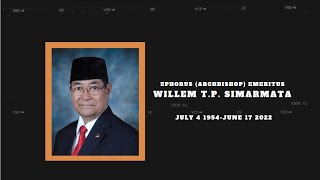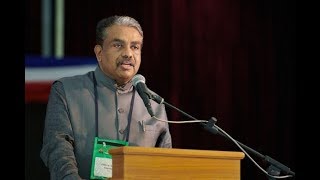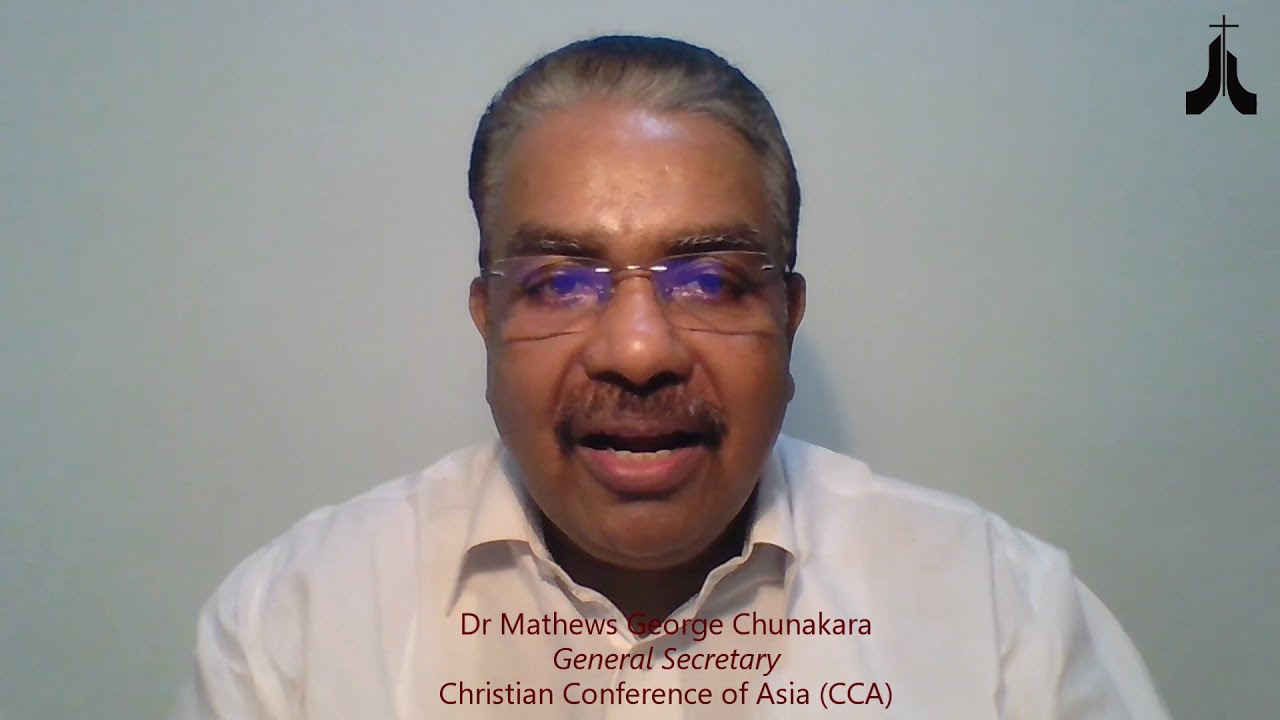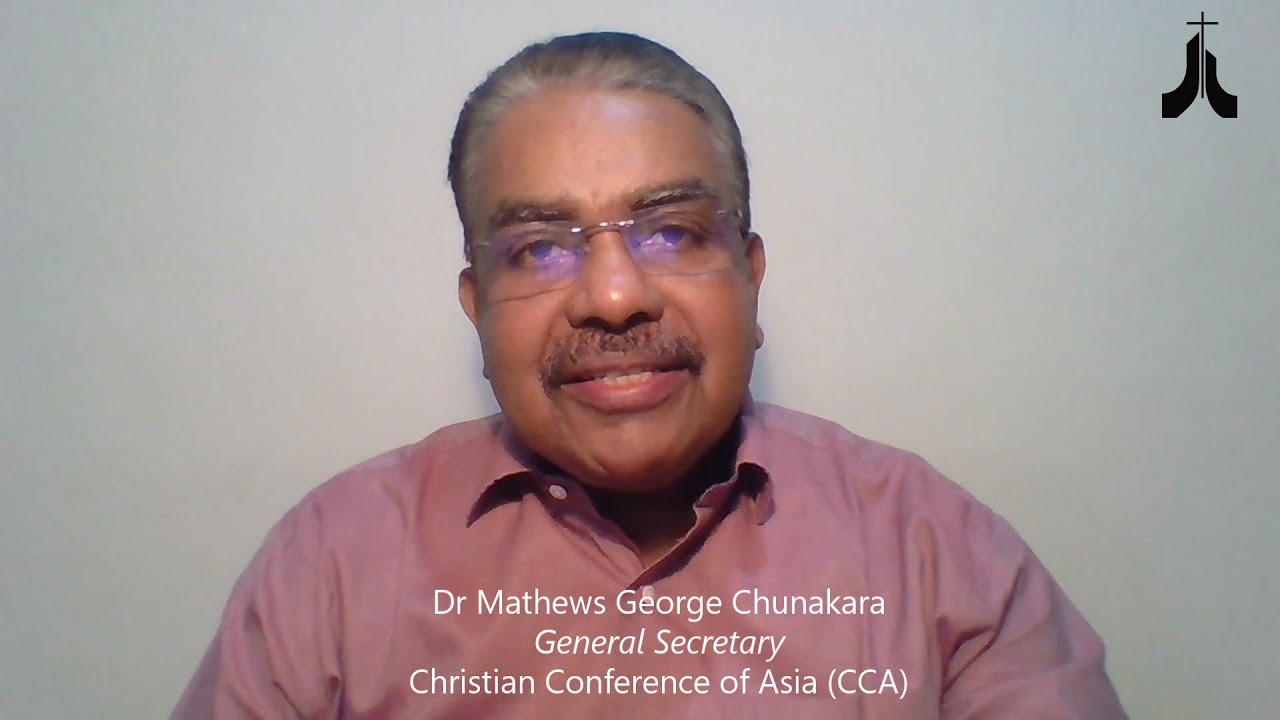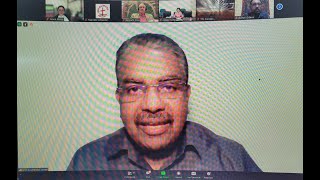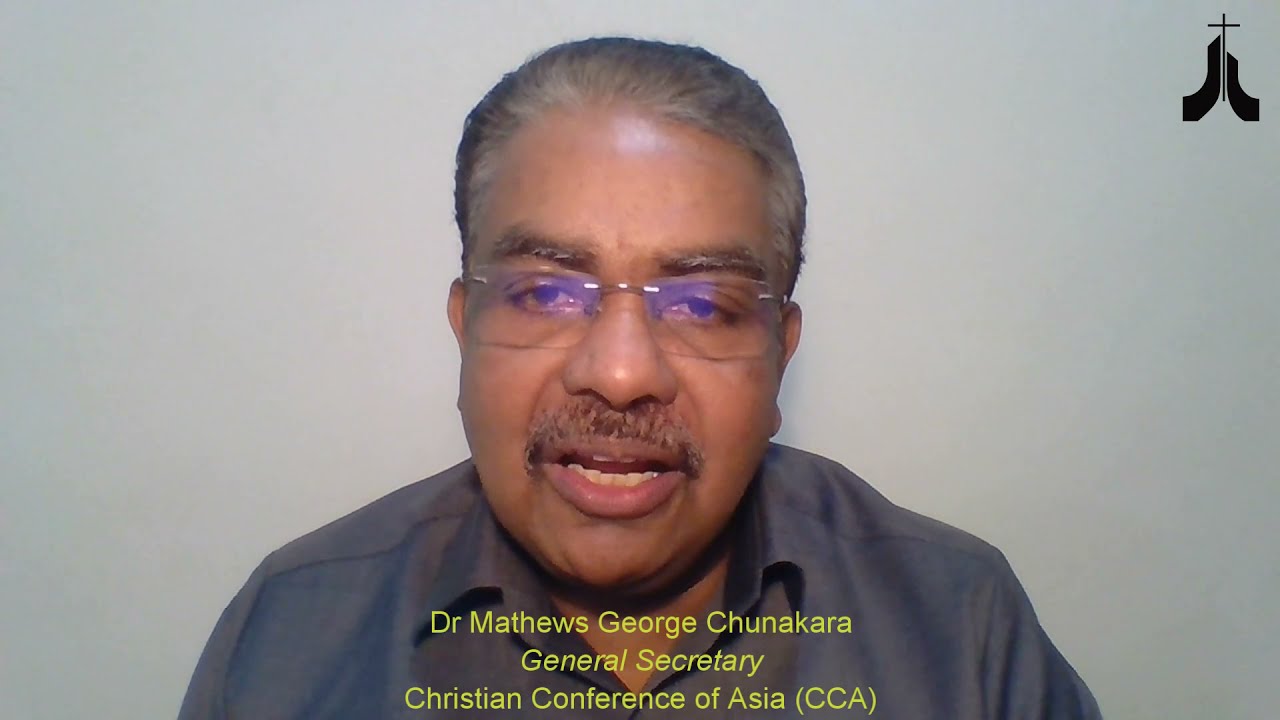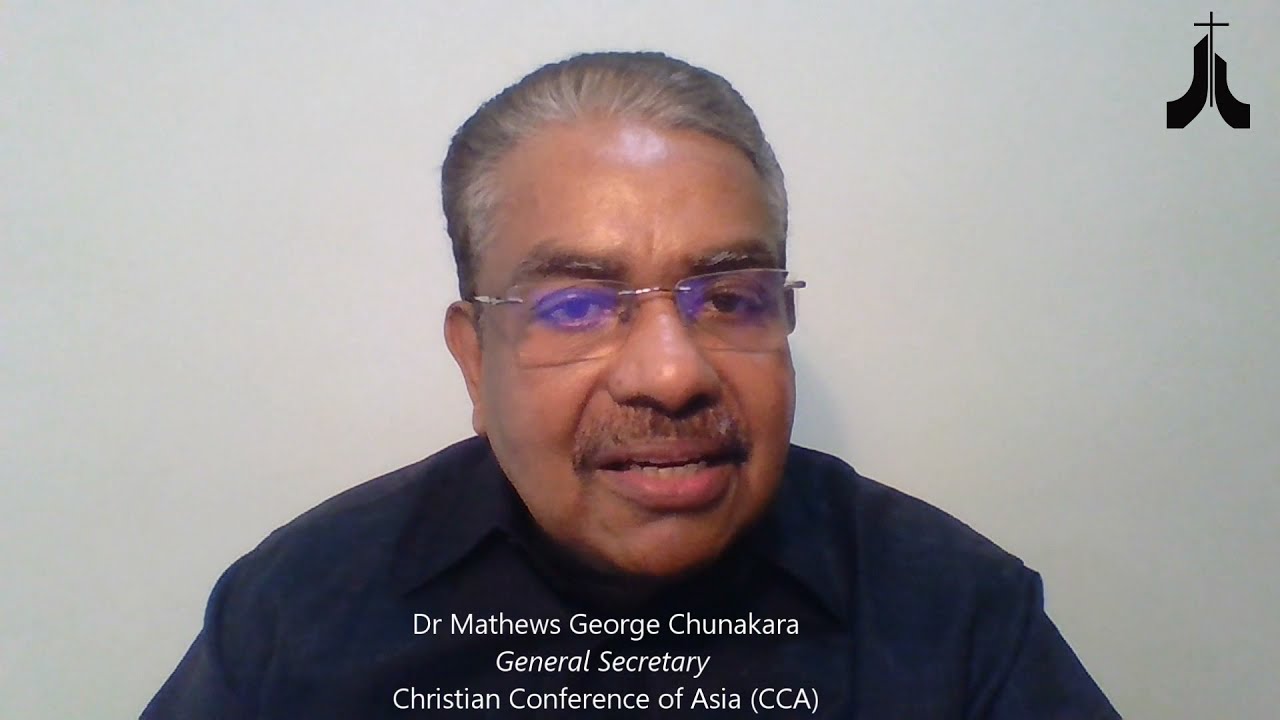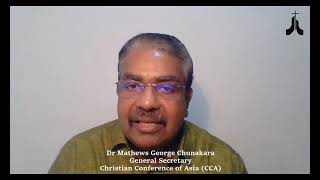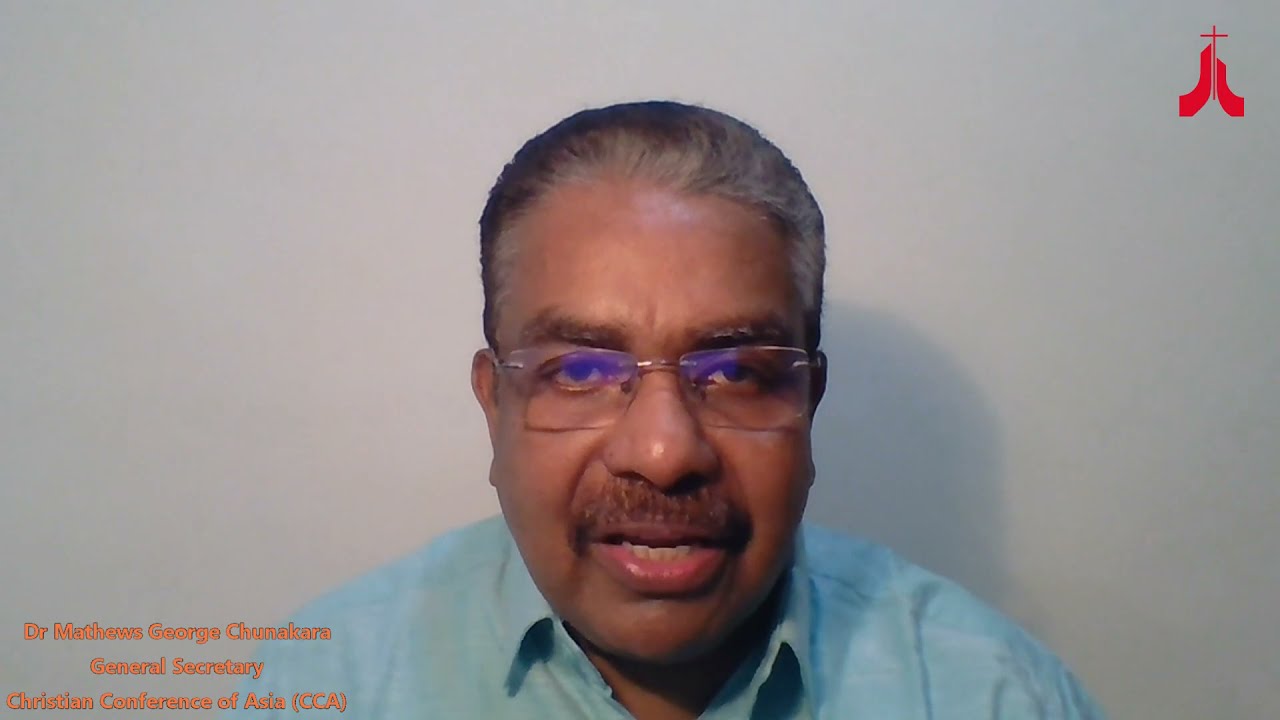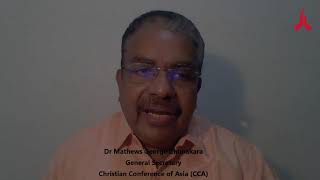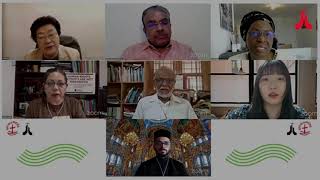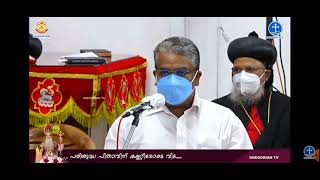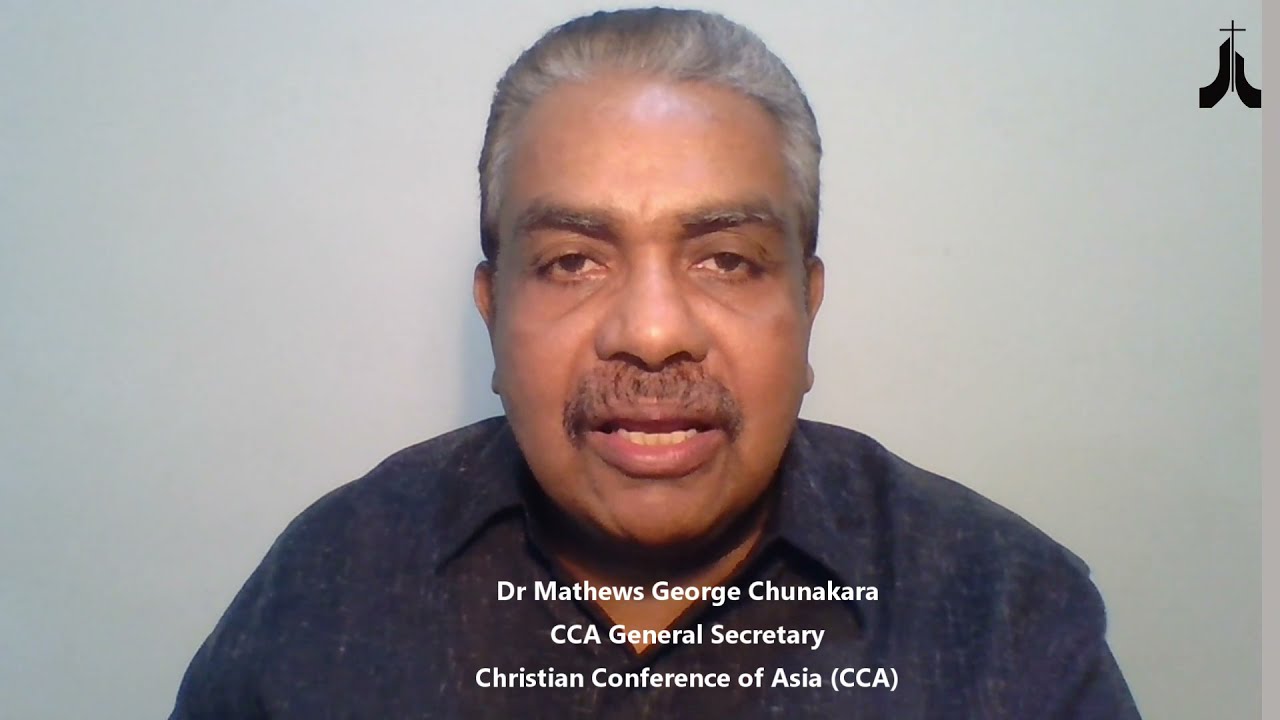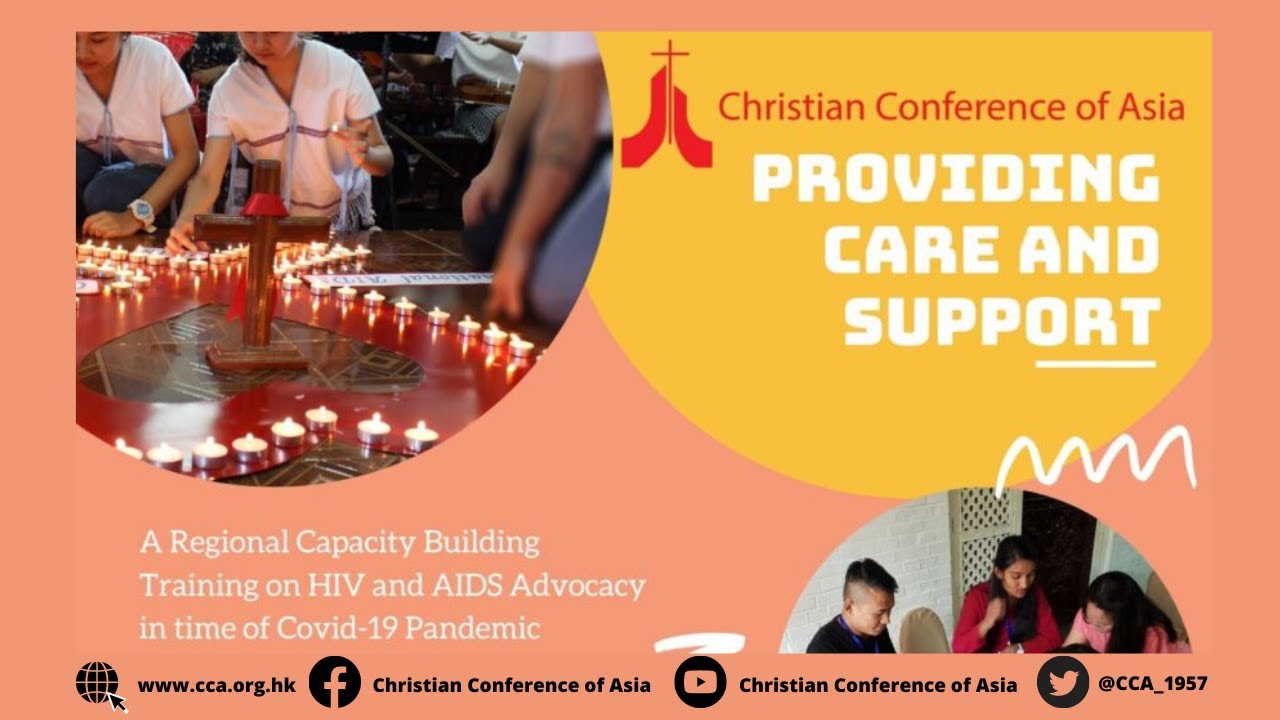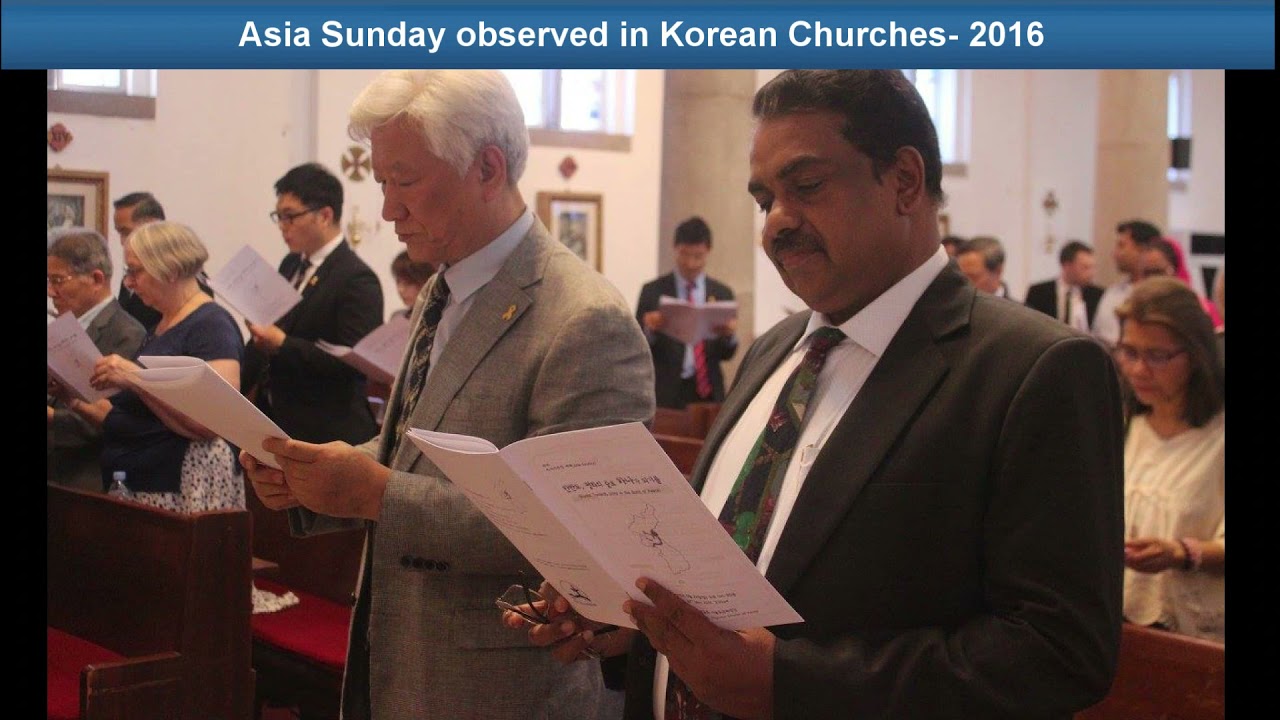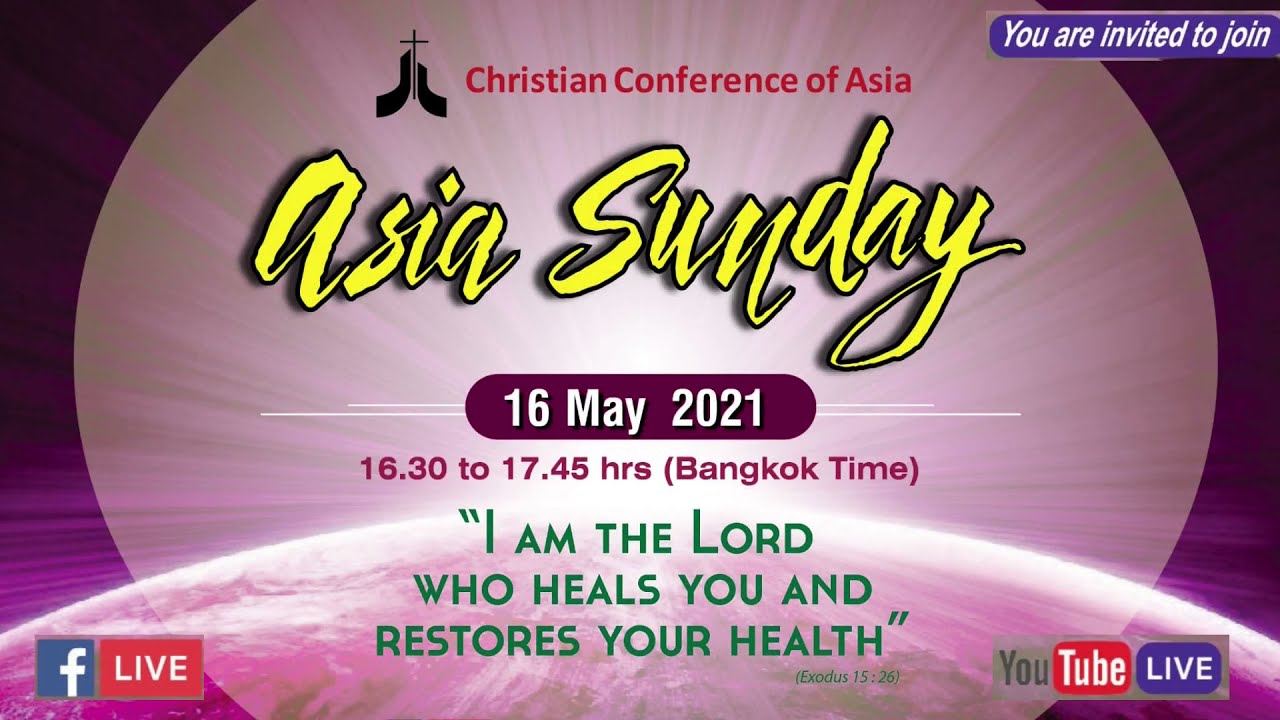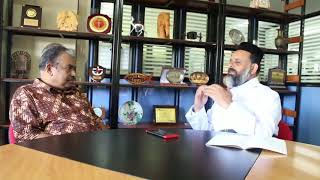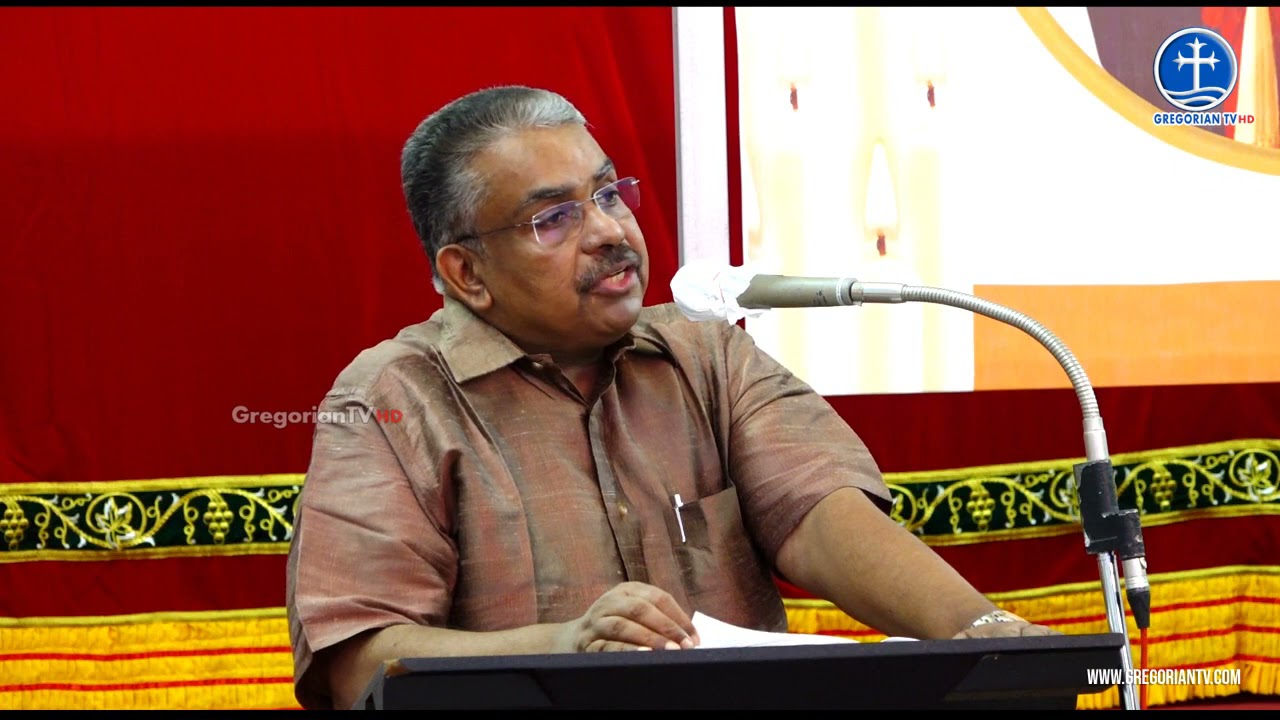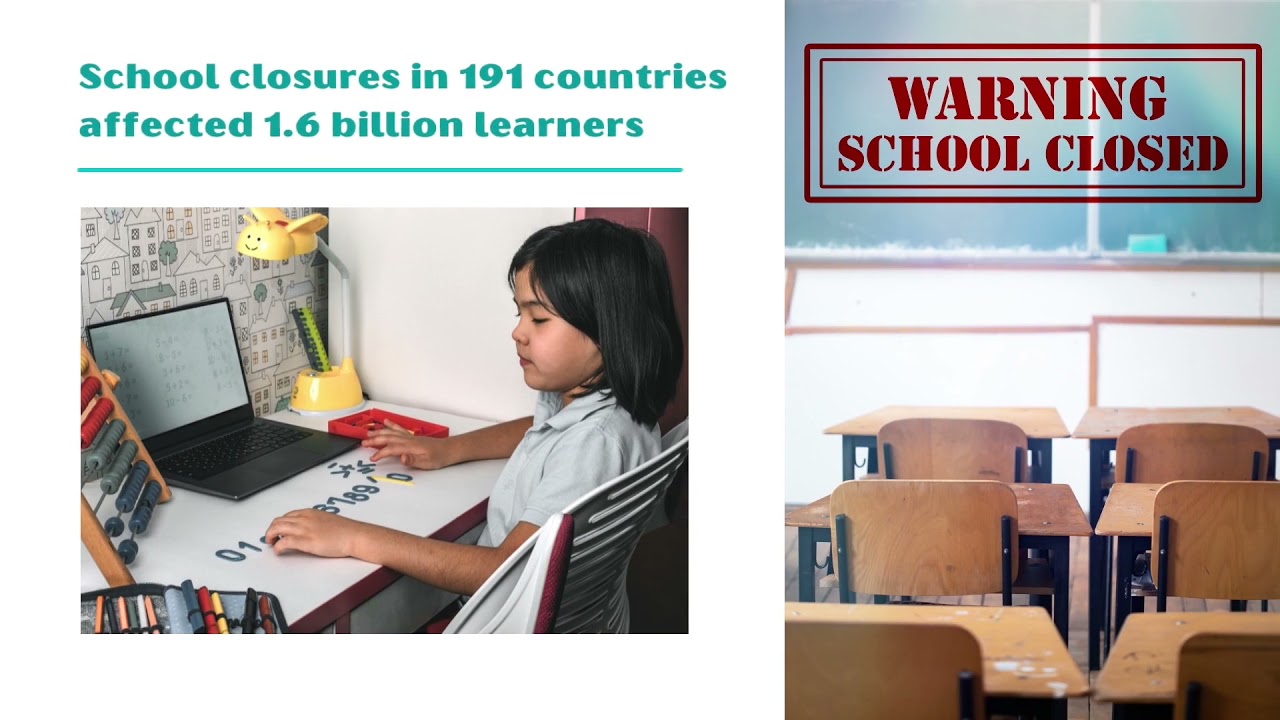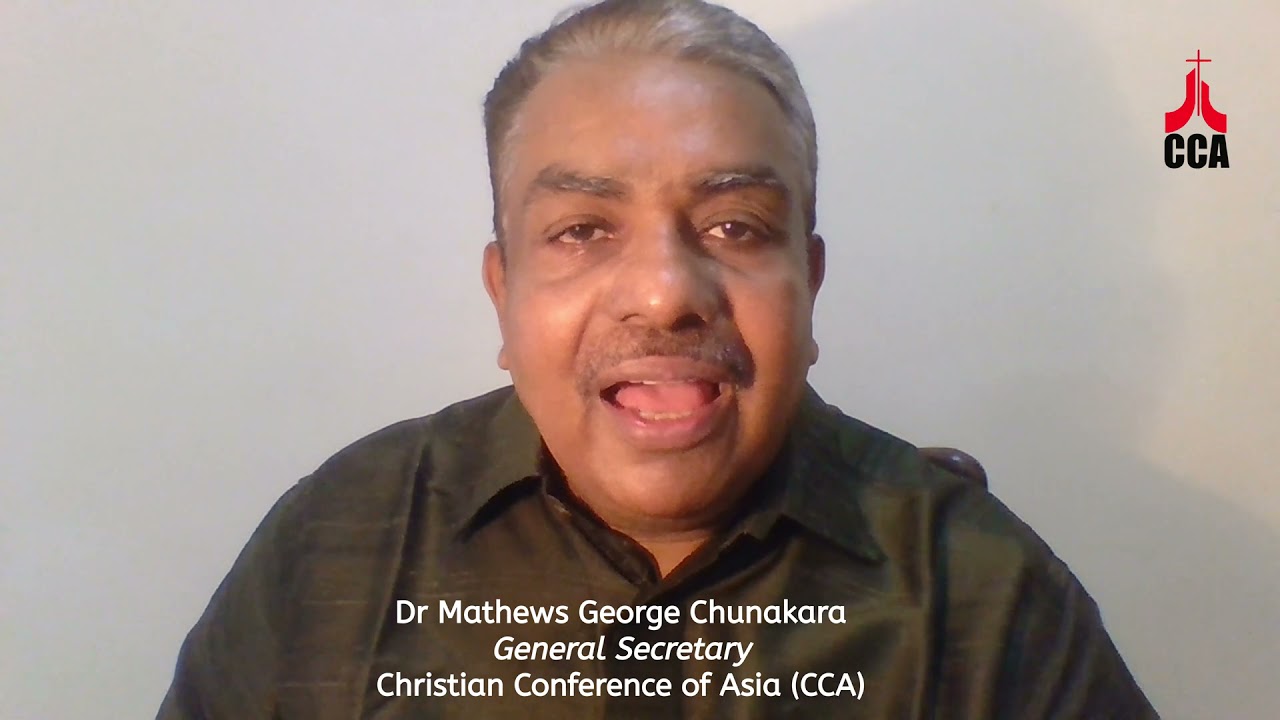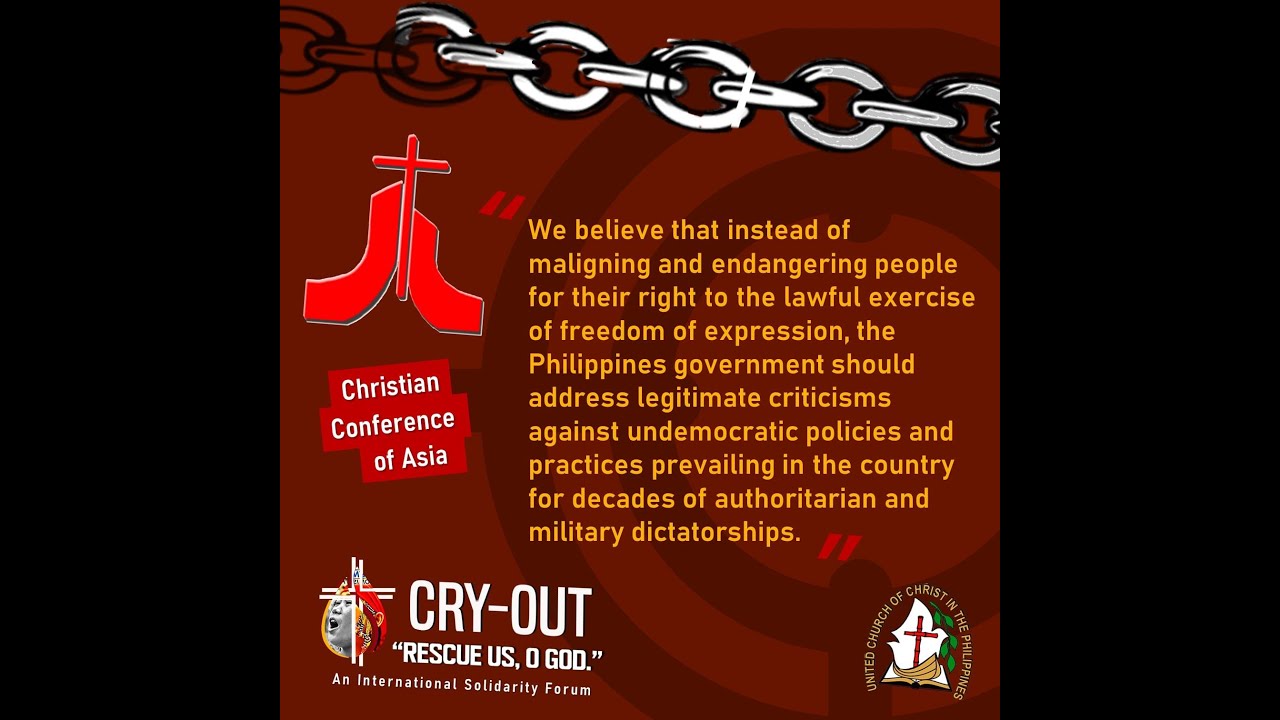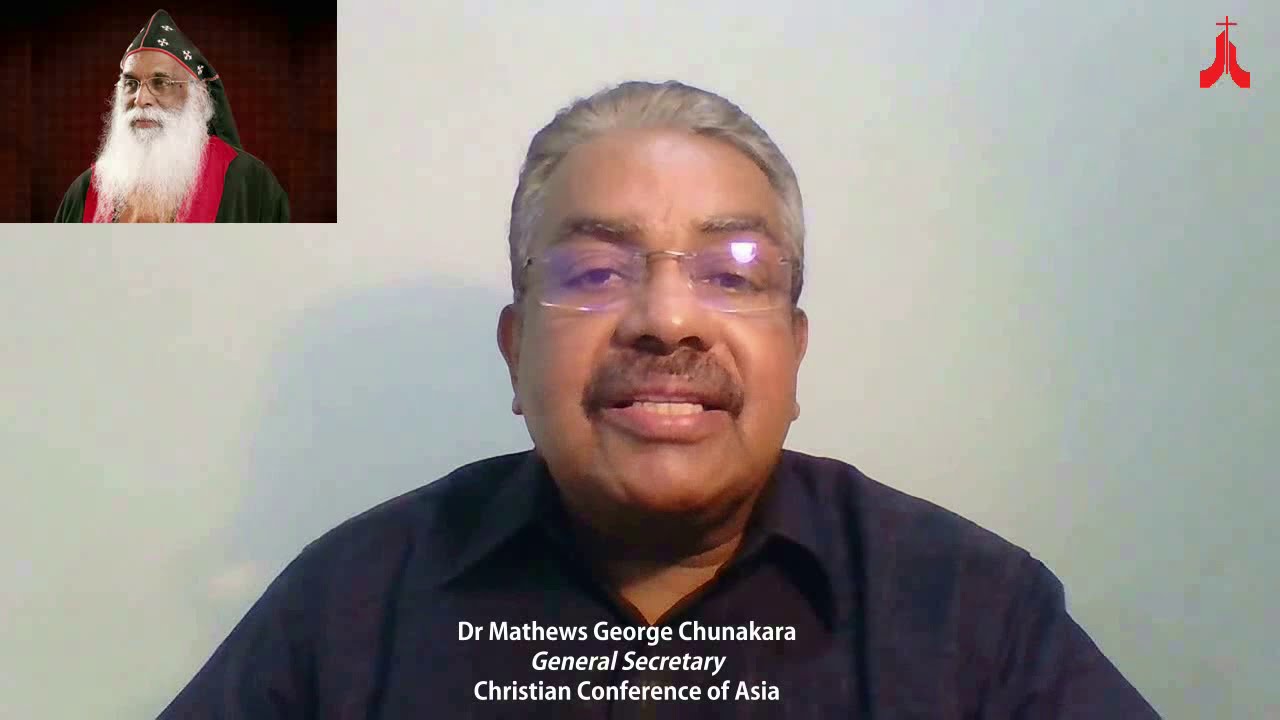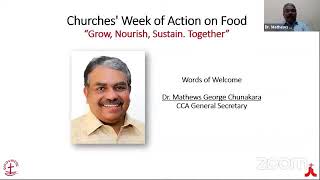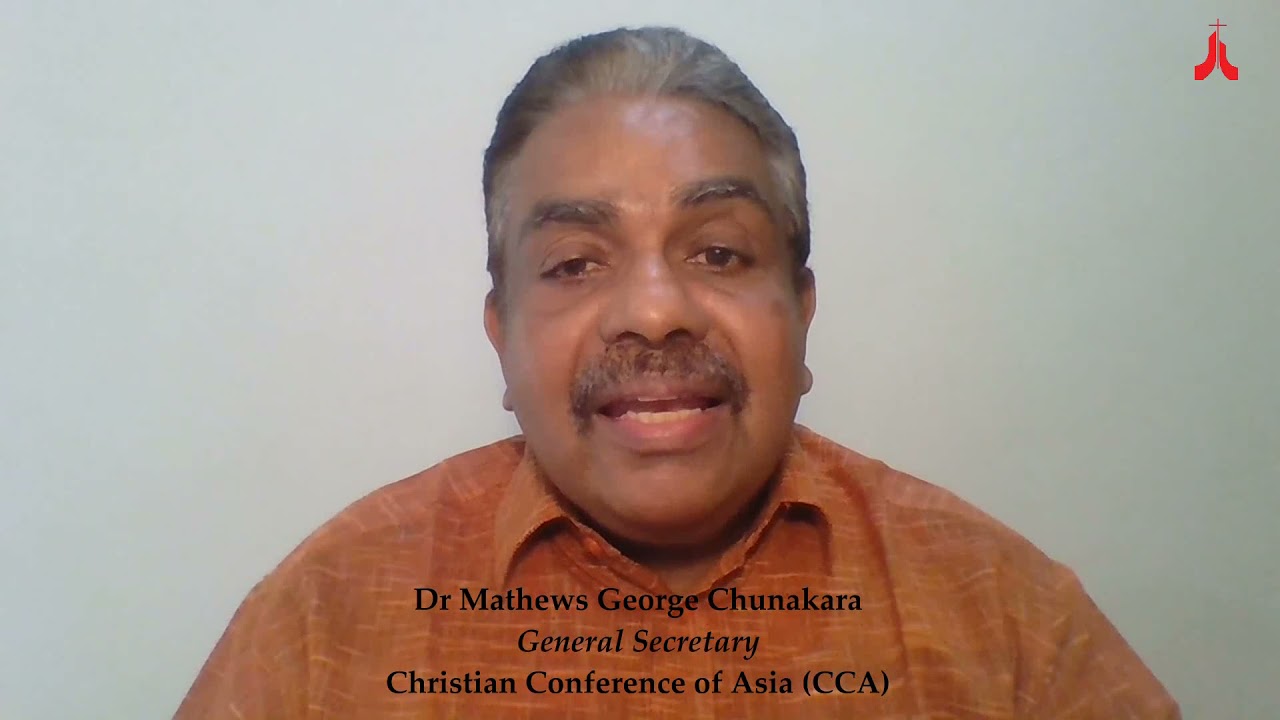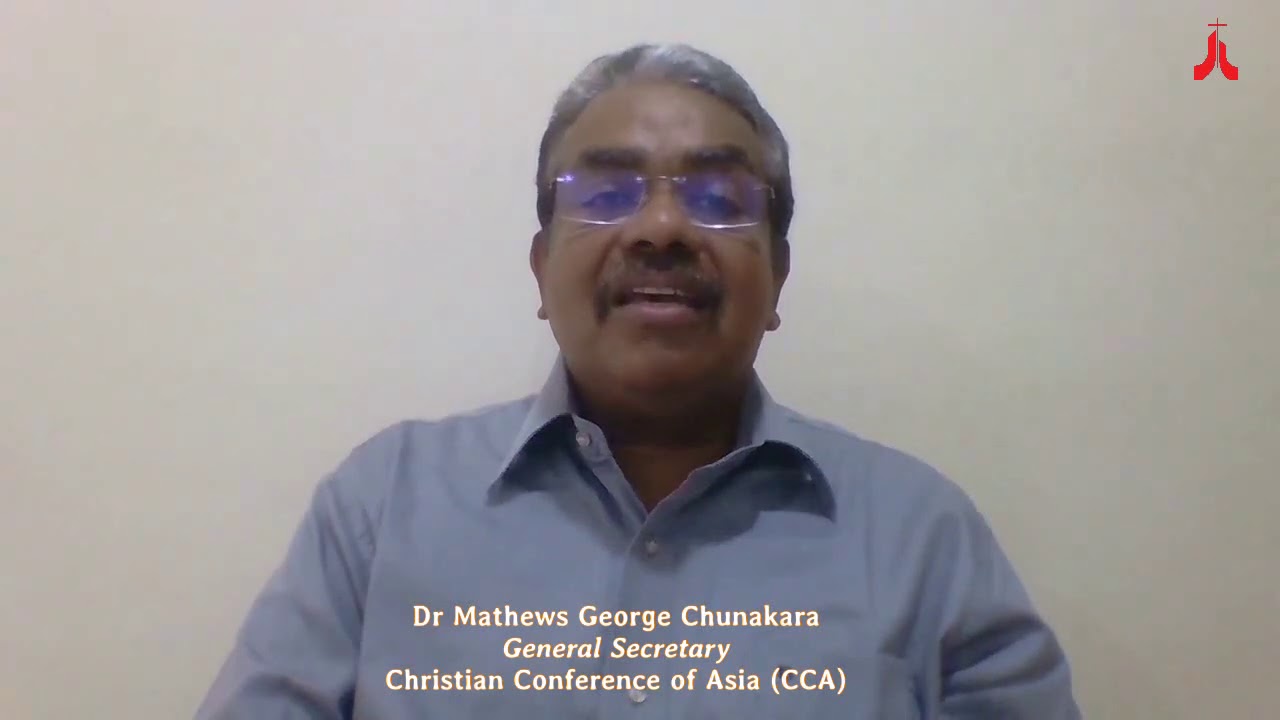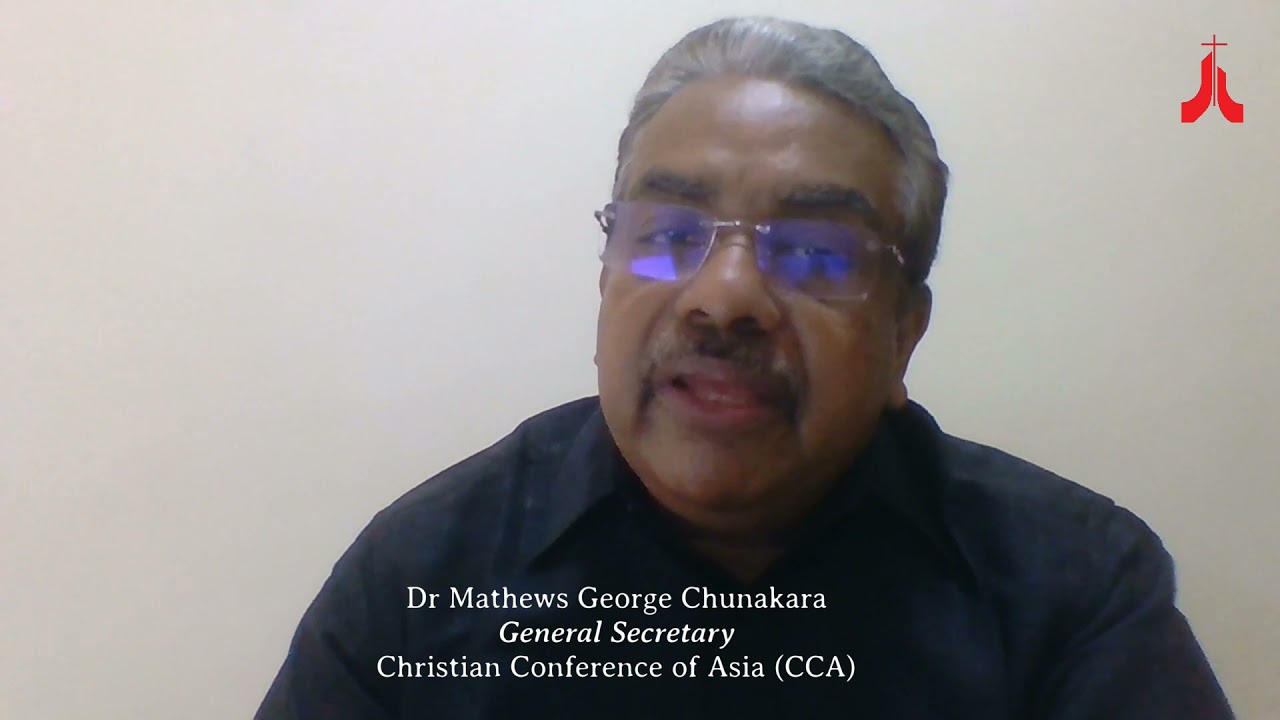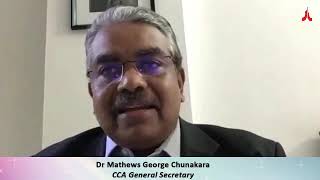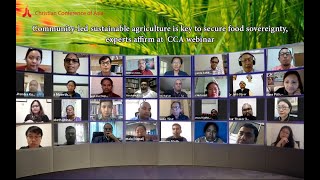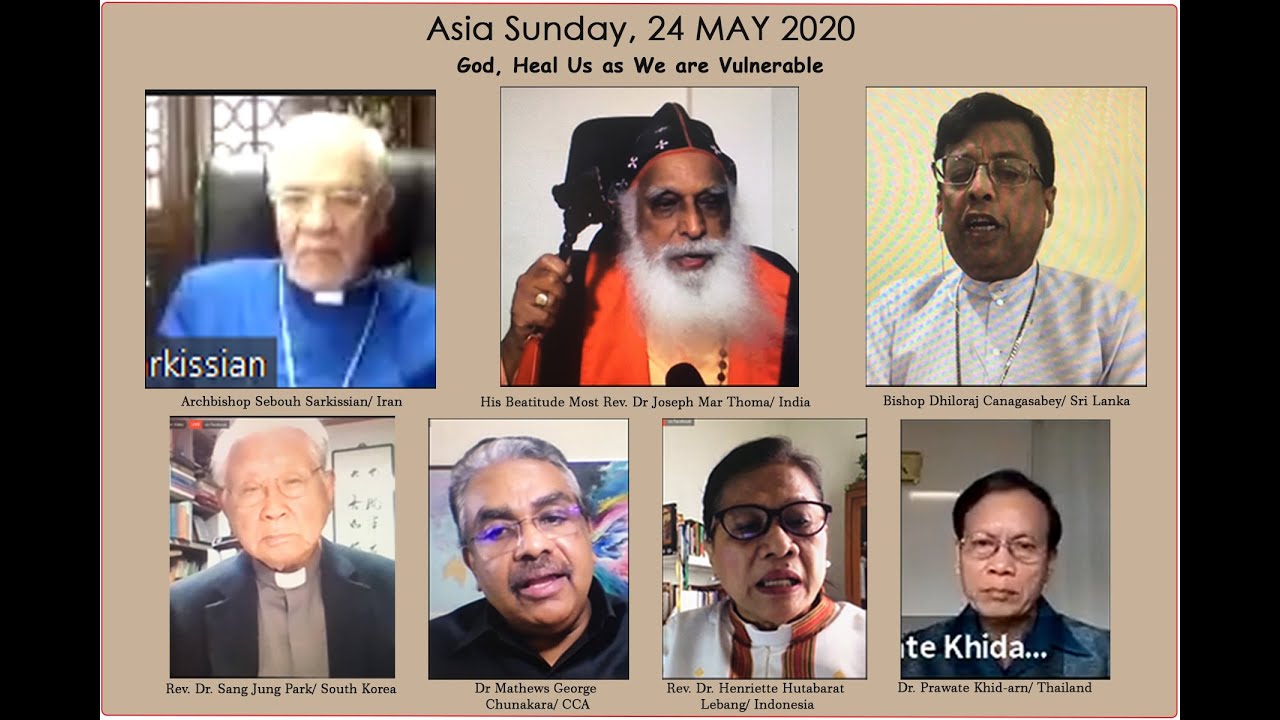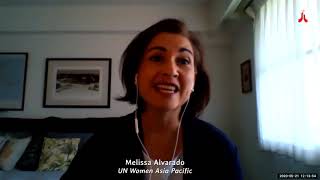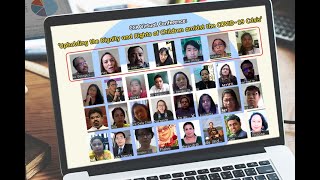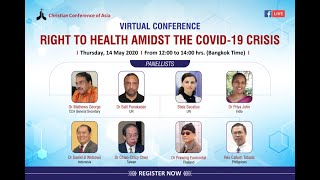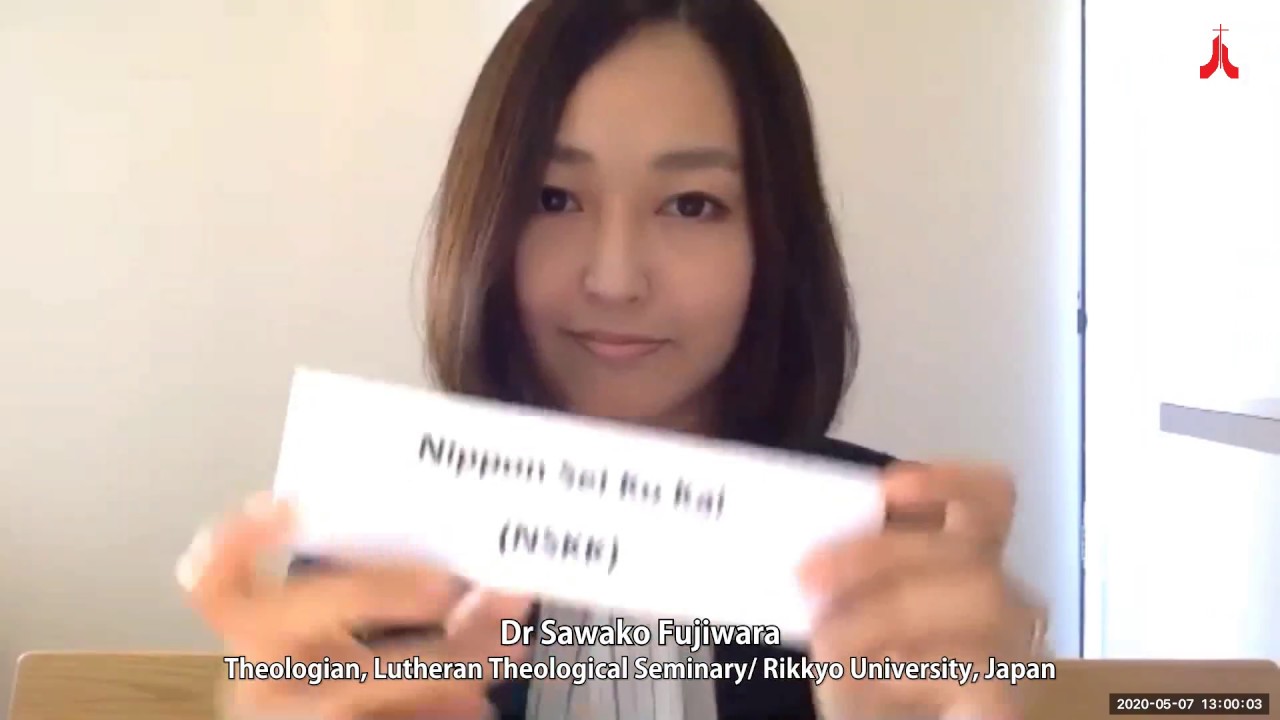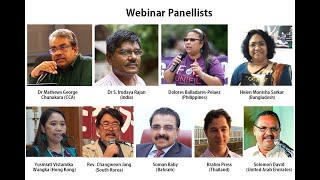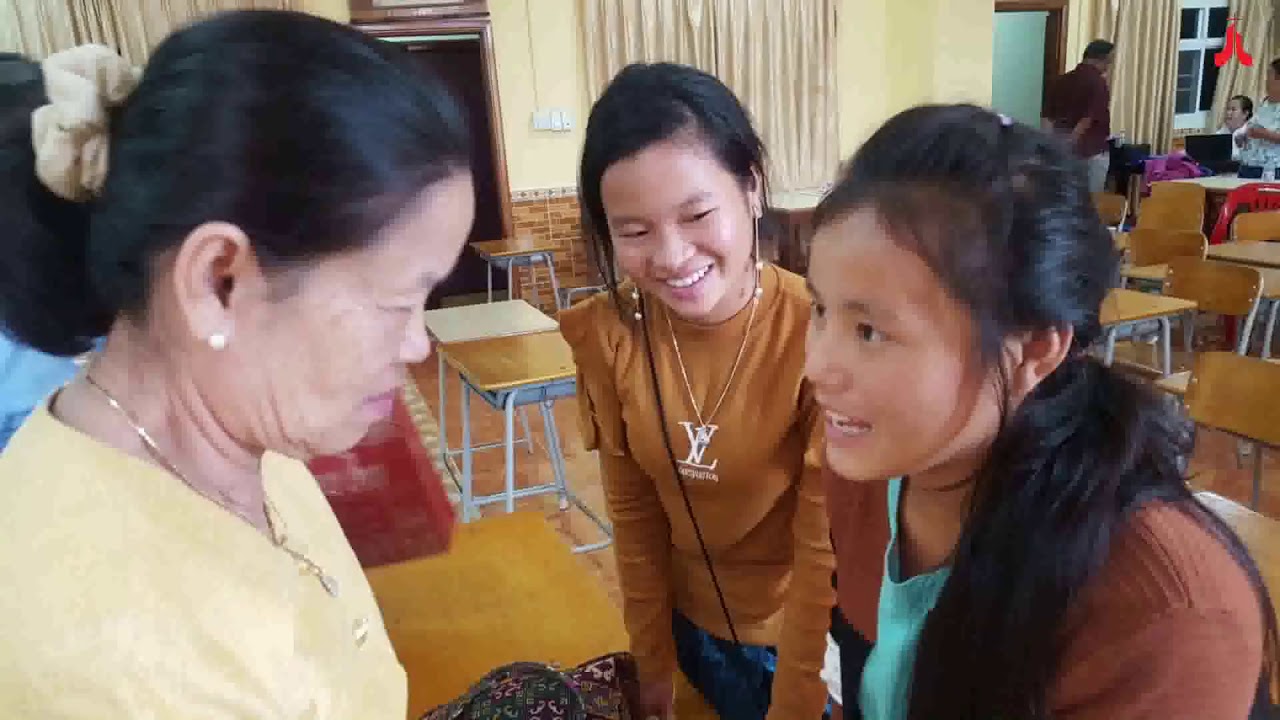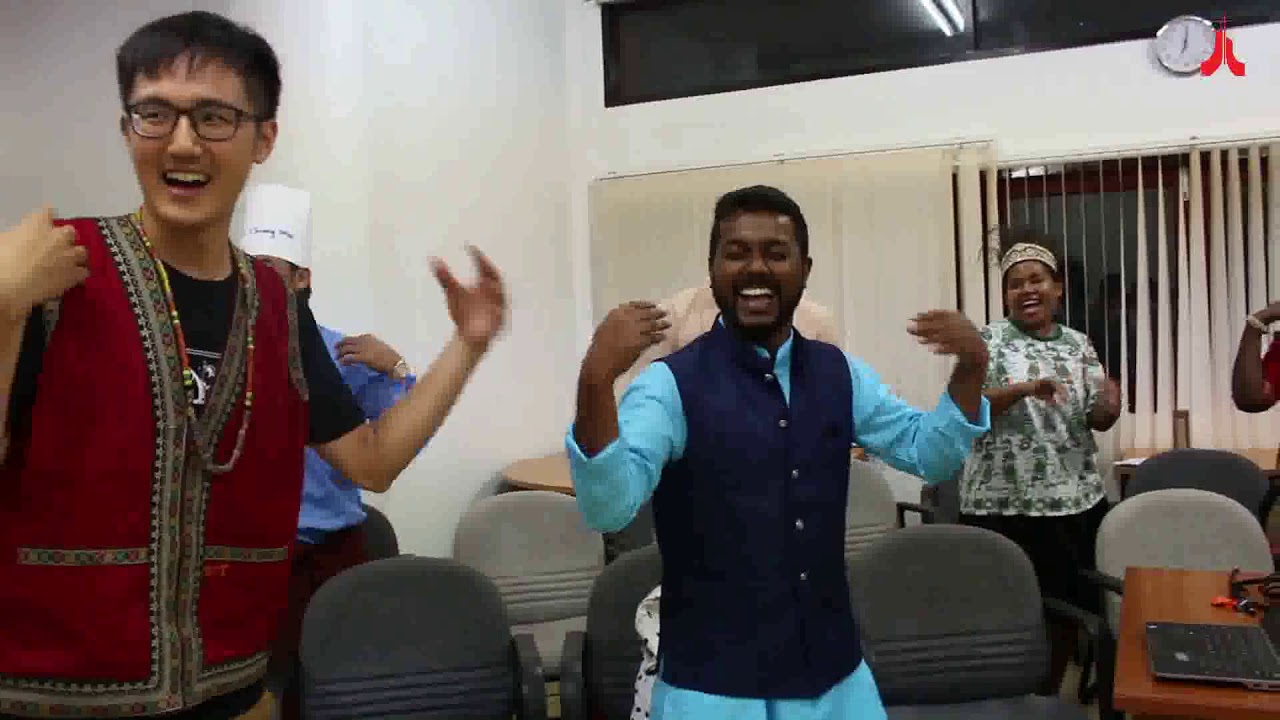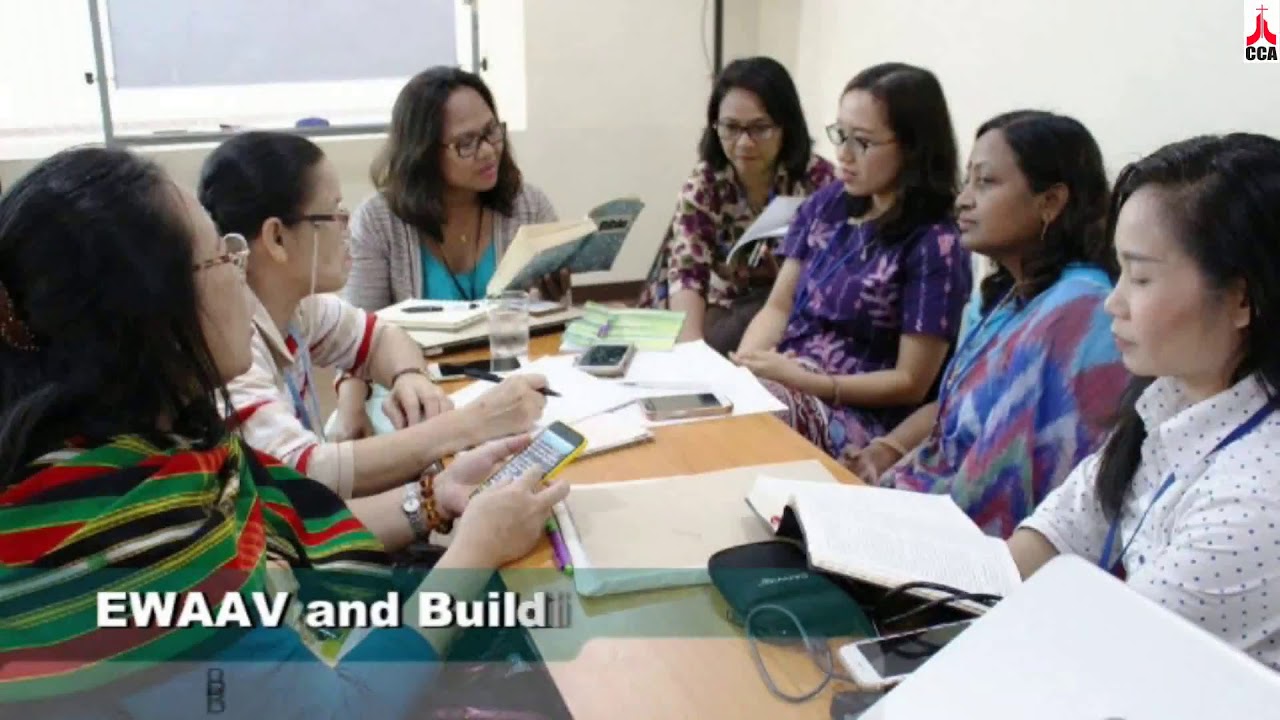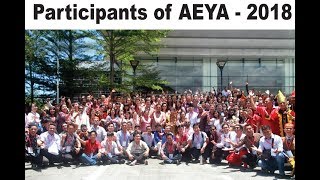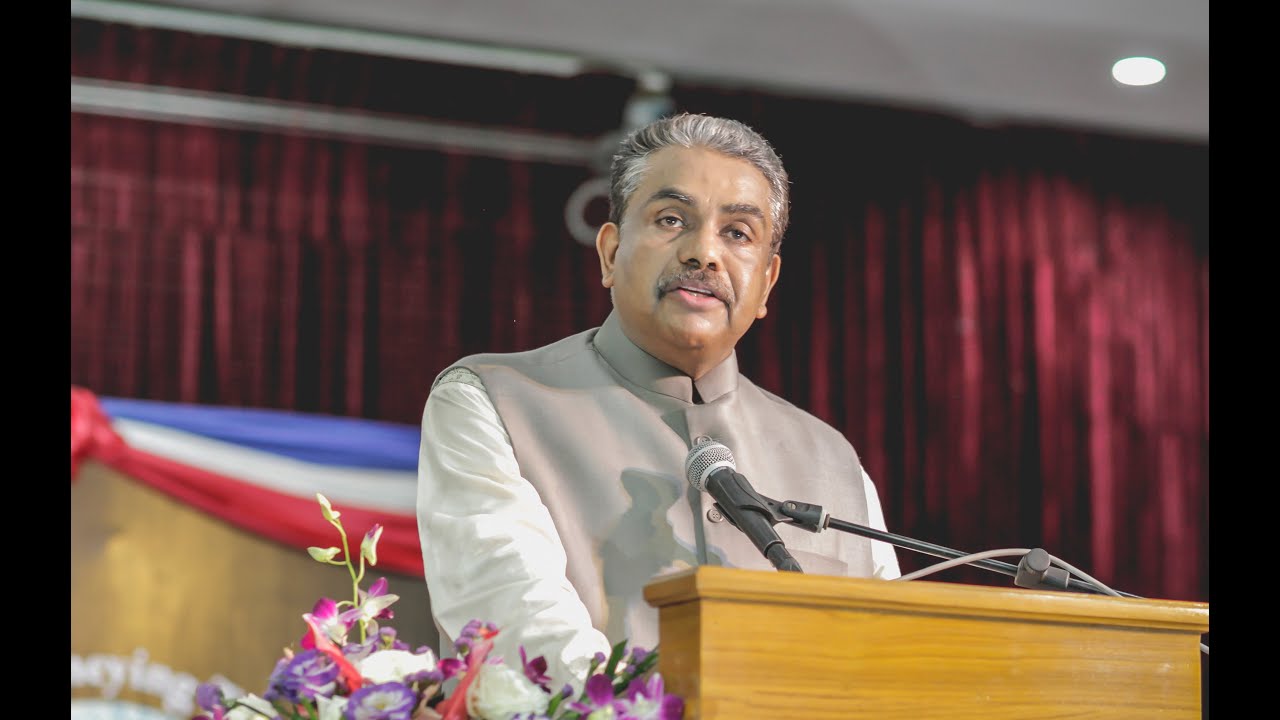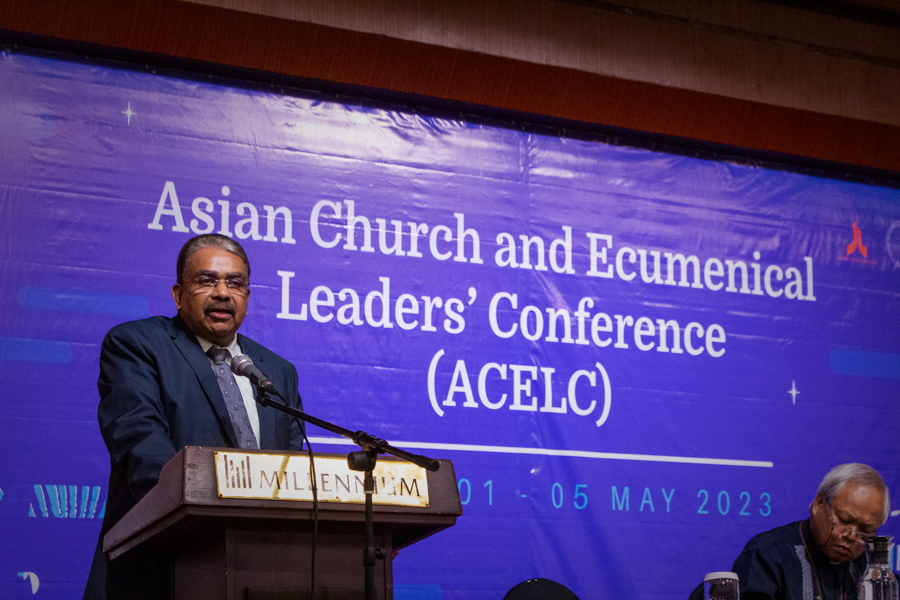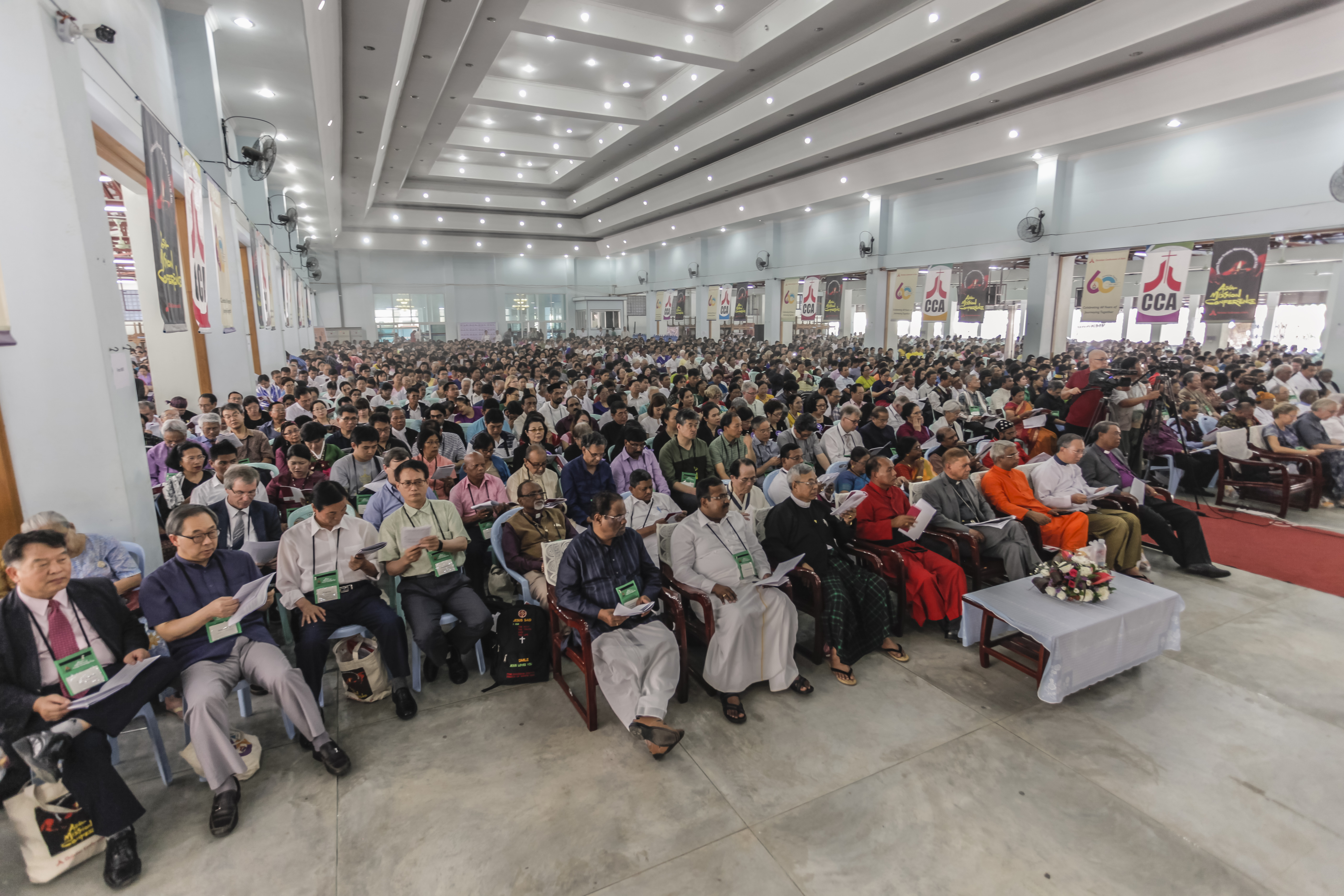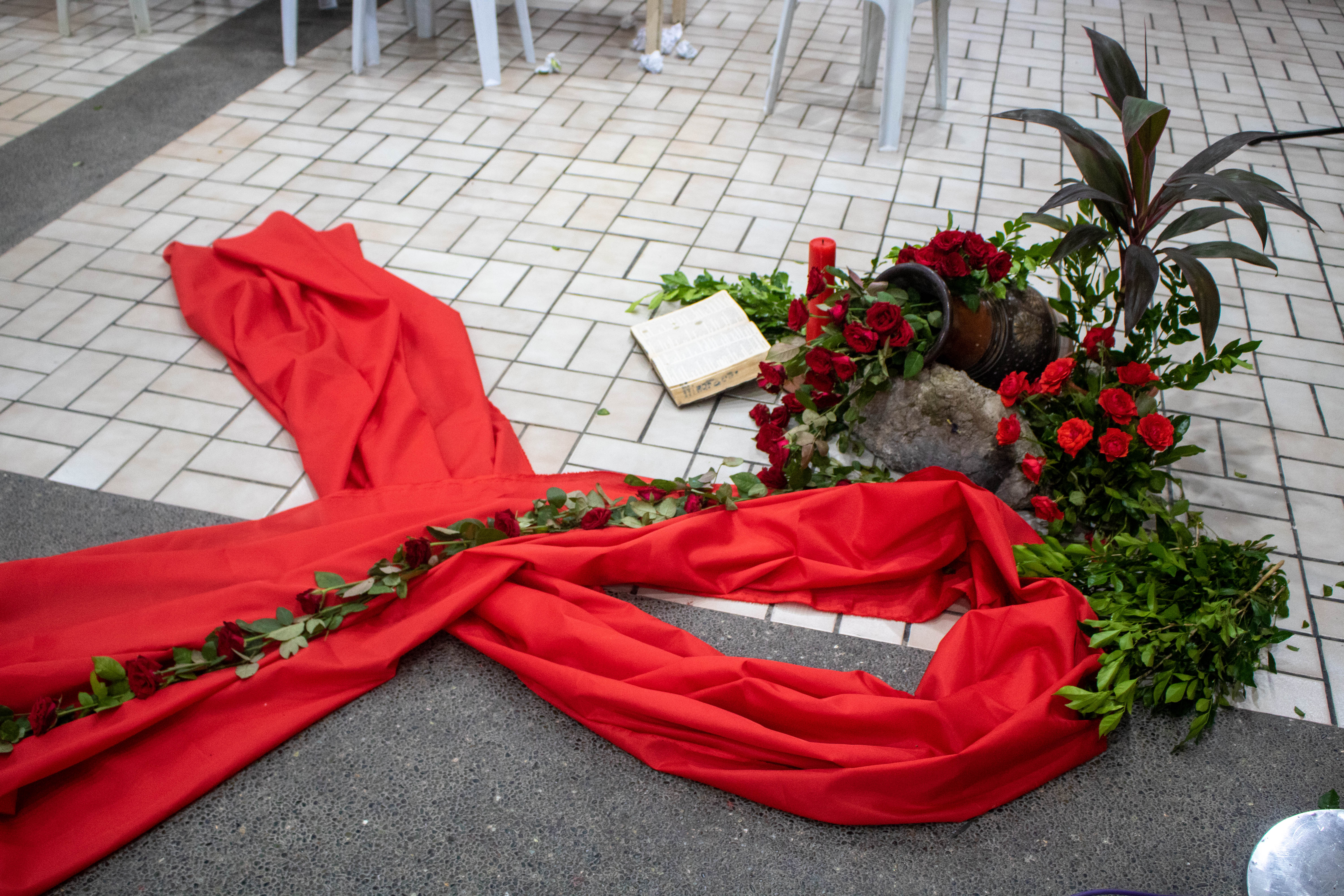Home
News and Views
CCA condemns escalation of war in Iran and other West Asian countries, calls for immediate de-escalation
01 March 2026CCA to organise international consultation on emerging ecclesial landscapes and ecumenical paradigms in Asia
18 February 2026CCA General Secretary offers condolences on passing of Pakistani human rights defender Joseph Francis
13 February 2026CCA invites applications for year-long youth internship programme
23 December 2025Fifth Asian Ecumenical Youth Assembly (AEYA-2026) to focus on the theme “Break Every Yoke”
22 December 2025CCA reaffirms human rights as “Everyday Essentials” on Human Rights Day-2025
10 December 2025International conference calls for stronger global action for ensuring people’s security and peace with justice in Myanmar
09 December 2025CCA calls for global solidarity and renewed commitment to ending AIDS on World AIDS Day 2025
01 December 2025Asian Church Leaders’ Conference affirms to strengthen diakonal collaboration through Ecumenical Diakonia Network in Asia (EDNA)
29 November 2025CCA offers prayers and condolences amid widespread loss of life following disasters across Asia
28 November 2025Member Churches and Councils of CCA showcase diakonal action across Asia
25 November 2025CCA calls for urgent action to combat technology-facilitated violence against women
25 November 2025Asian churches challenged to reclaim diakonia as a theological and missiological mandate at CCA conference on Ecumenical Diakonia
24 November 2025CCA General Secretary calls for authentic, transformative diakonia at Asian Church Leaders’ Conference on Ecumenical Diakonia
22 November 2025Executive Committee decides to organise major events in conjunction with the commemoration of CCA’s Platinum Jubilee in 2027
22 November 2025
The Christian Conference of Asia is a regional ecumenical organisation and a forum of continuing cooperation among the churches and national Christian bodies in Asia, believing that the purpose of God for the church in Asia is life together in common obedience of witness to the mission of God in the world.
Ecumenical Resources
CCA Programmes
As the General Secretary, Dr Mathews George Chunakara leads the CCA as its chief executive officer and is responsible for the overall coordination and supervision of the implementation and monitoring of all programme areas. The General Secretary is also tasked with the responsibility of strengthening relationships with member churches and councils, liaising with the governing board and advisory bodies, and building relationships with governments and intergovernmental organisations.
…Mission and witness belong to the very being of the Church. Mission of God cares and loves all God’s creation. God’s invitation is to all in the community to become God’s co-workers (1 Cor. 3:9) and participate in God’s continuing act of recreating and uniting the whole of creation. The churches and their members are called to be engaged in God’s mission and witness in unity according to the gospel’s principles. The unity of the church is an essential factor in carrying out God’s mission in all contexts. Unity brings to the world the power…
Ecumenical formation is an essential component for responsiveness to God’s call for unity. It is a gift of God’s grace, calling all Christians to have faith in the mystery of God and the Church, according to the design of God who wishes to bring humanity to salvation and unity in Christ, through the Holy Spirit. The unity we seek in the ecumenical movement and its vehicle of ecumenical formation is to receive the fruit of hope and realization of Jesus’ prayer, “that they all may be one”. Often the opportunities and requirements of…
Peace prevails where everyone has fair and equal access to justice and an atmosphere to live in security. Peace sustains only in a situation where everyone is able to participate in shaping their destiny and decision makers are accountable to the people. Peace is, therefore, a state of order, of freedom from fear and want, of being secure. In such a society as Prophet Micah says, “Everyone will sit under their own vine and under their own fig tree, and no one will make them afraid” (Micah 4:4).
On the contrary, it is a matter of…
Diakonia is central to what it means to be the church and fulfilling the church’s mission and witness as servants. Diakonia is a core component of the gospel and is not an optional but an essential part of discipleship. Diakonia is a gift of the Holy Spirit and a manifestation of practical love for human beings. As such Diakonia reaches out to all persons, who are created in God’s image. While Diakonia begins as unconditional service to the neighbor in need, it leads inevitably to social changes that restore, reform and transform as well as…
Programmes and Activities
Asian Ecumenical Youth Assembly (AEYA-2026)
April 17-21 | Chiang Mai, ThailandAsia Sunday
May 14Programme Committee Meeting
May 28-31 | Chiang Mai, ThailandInternational Consultation on Ecumenism in Asia : Emerging Ecclesial Landscapes and Ecumenical Paradigms
June 1-2 | Chiang Mai, ThailandExecutive Committee Meeting
June 3-4 | Chiang Mai, ThailandFor further information, contact [email protected]












